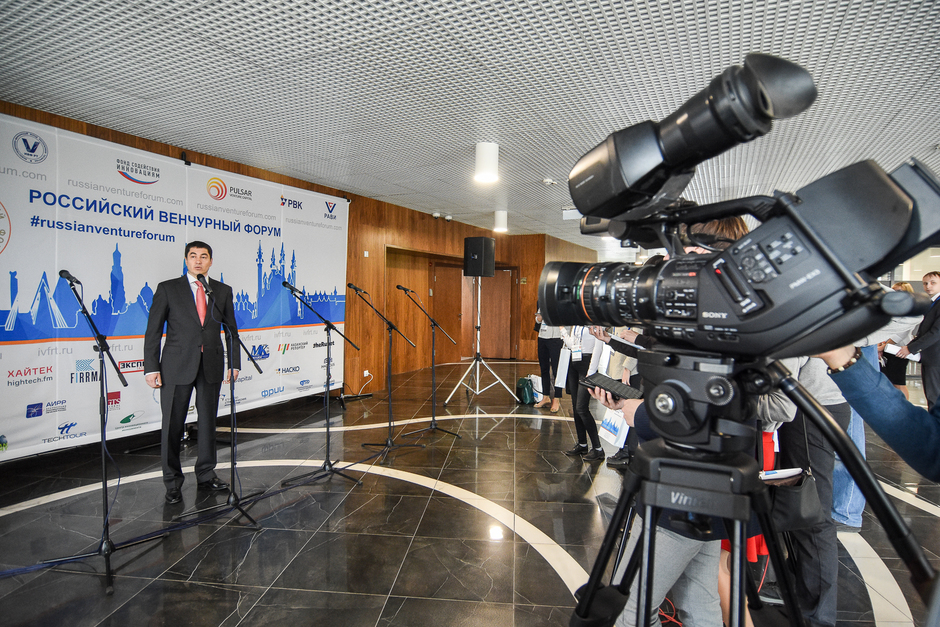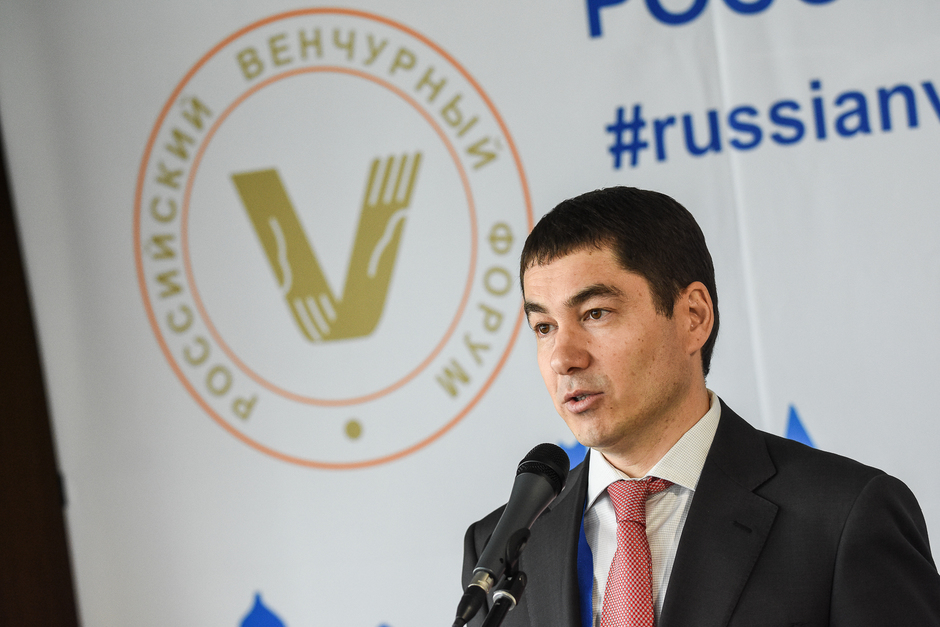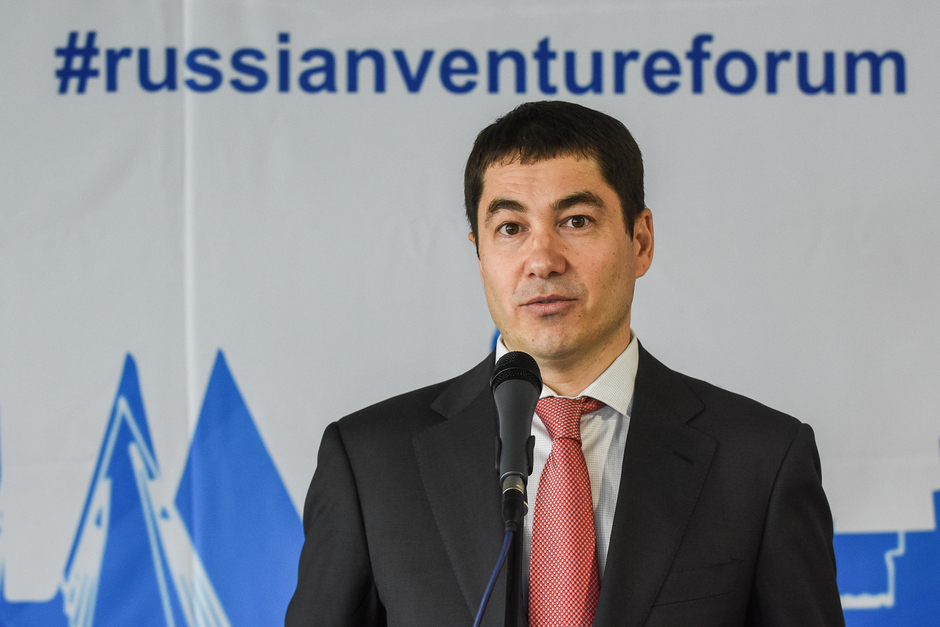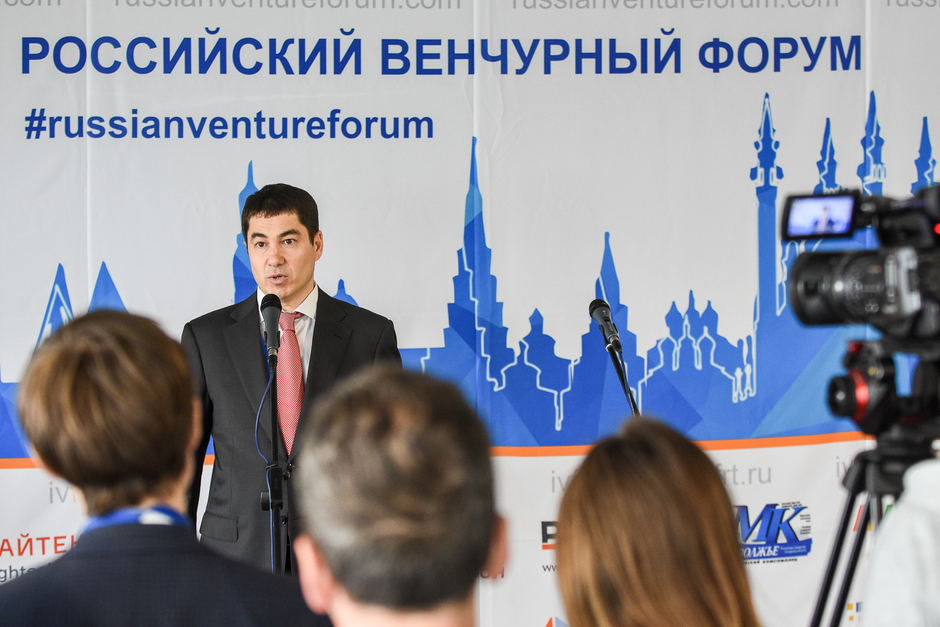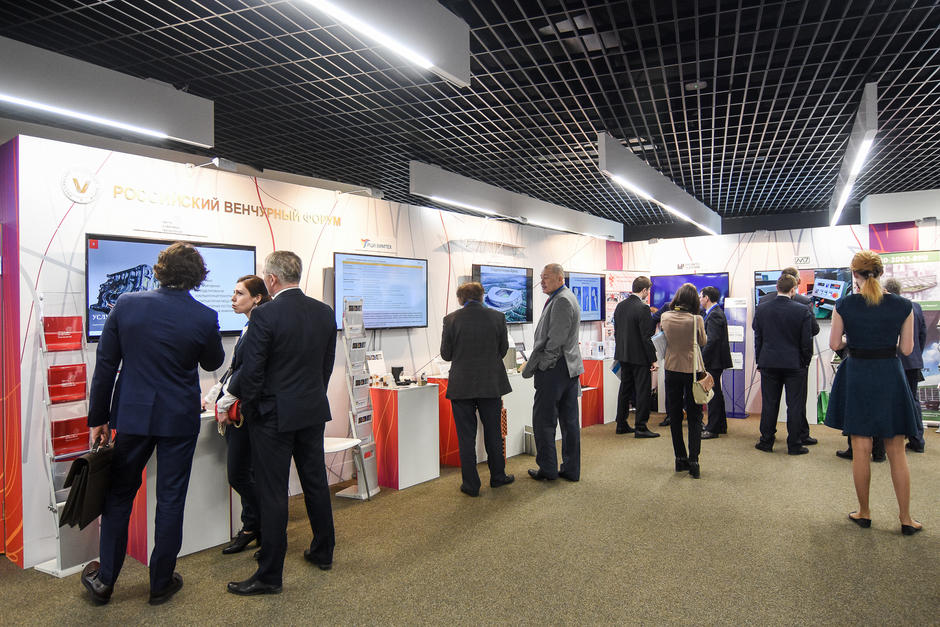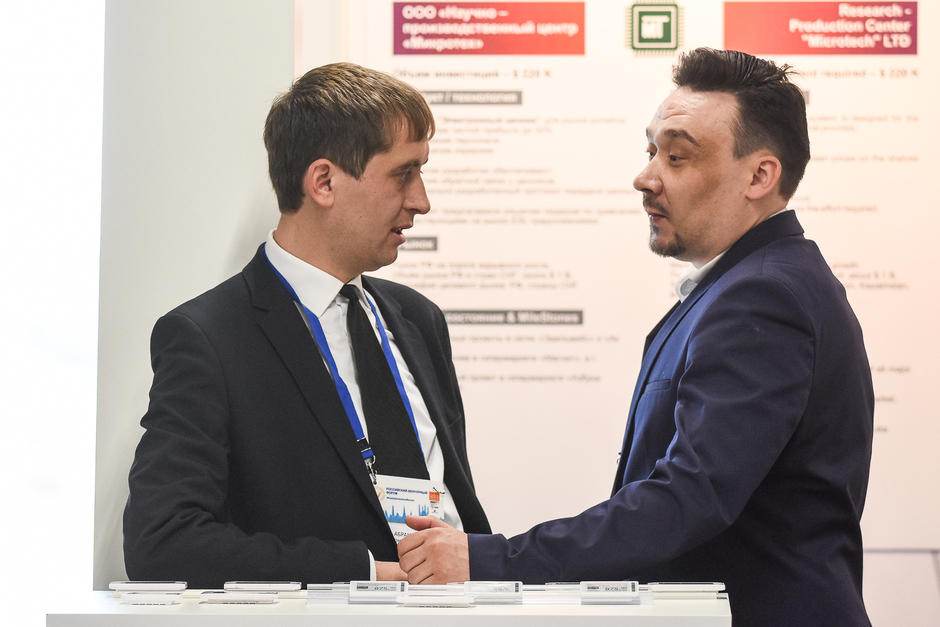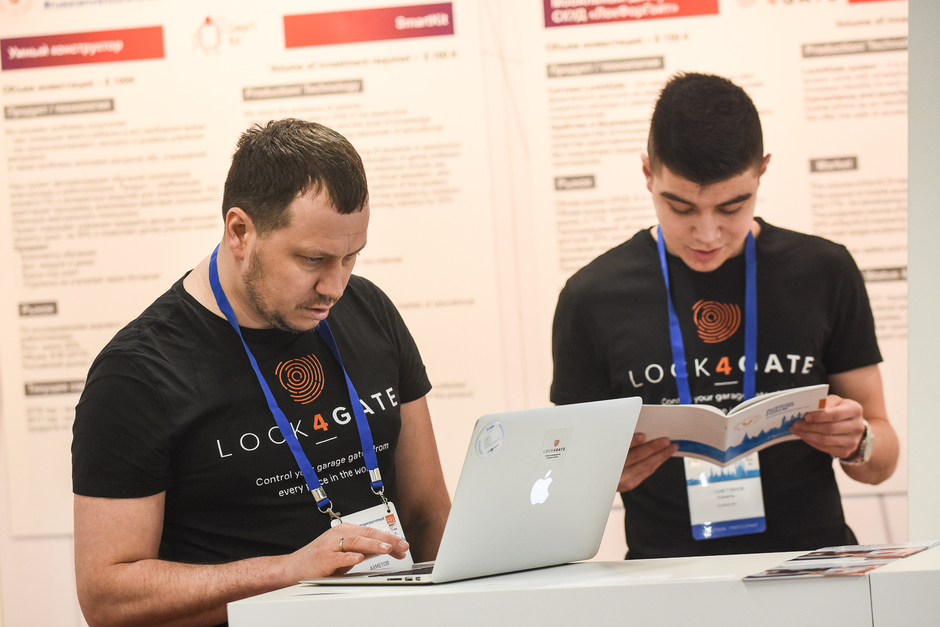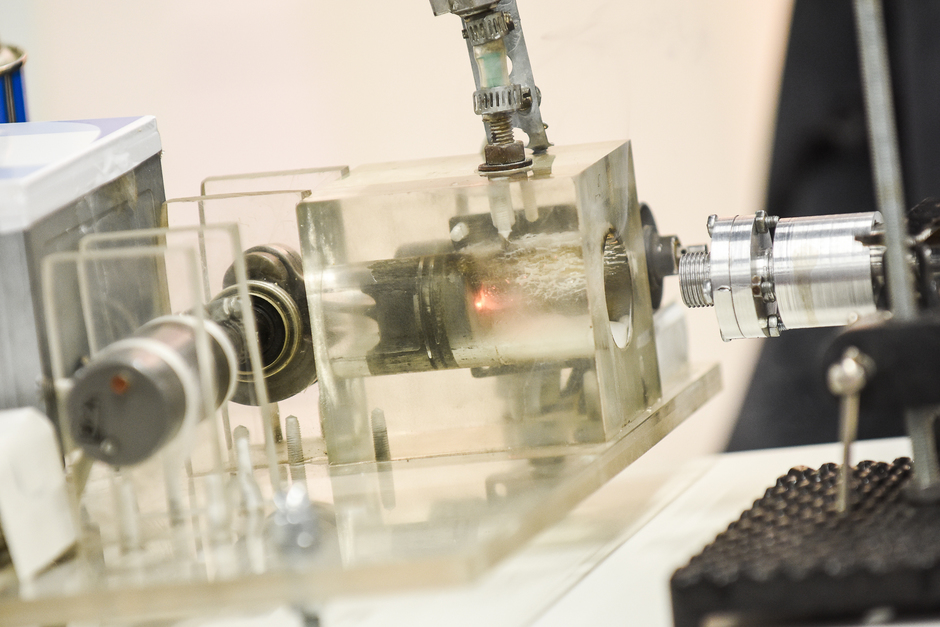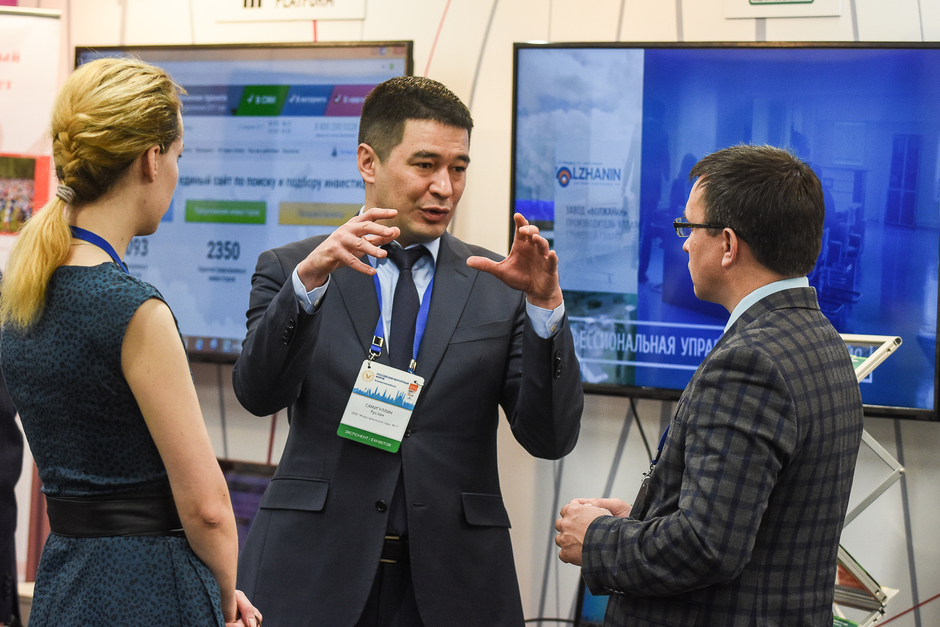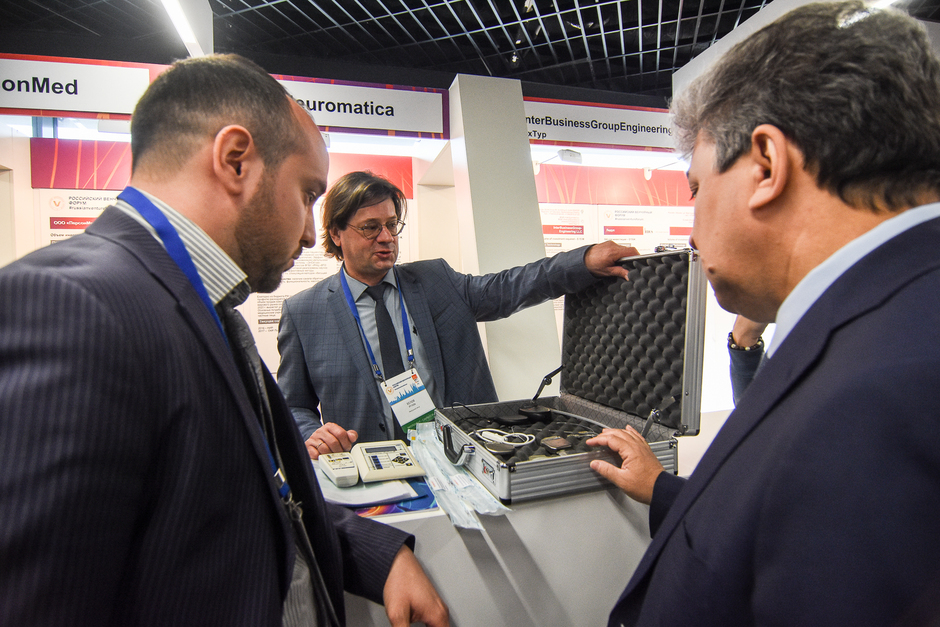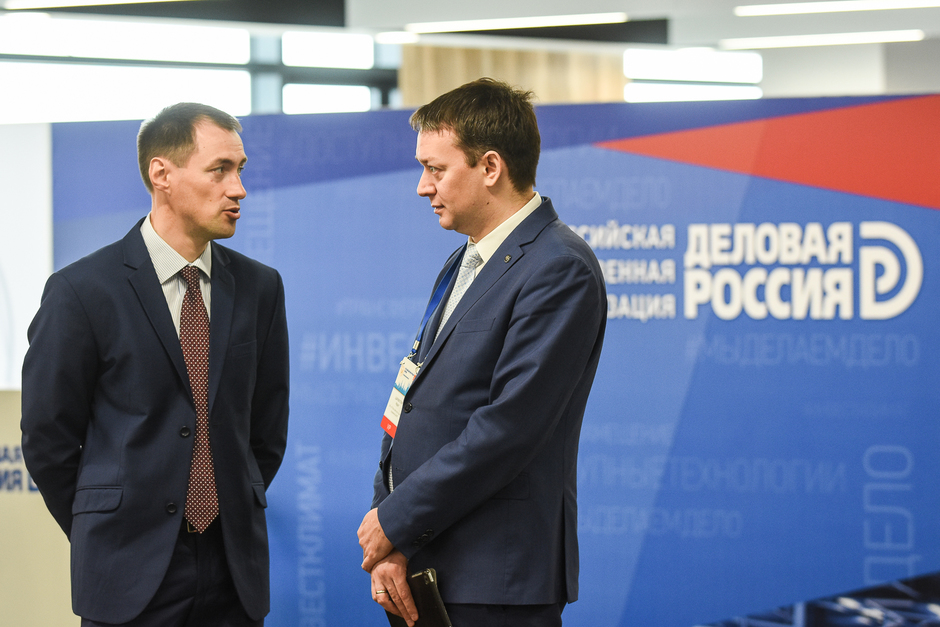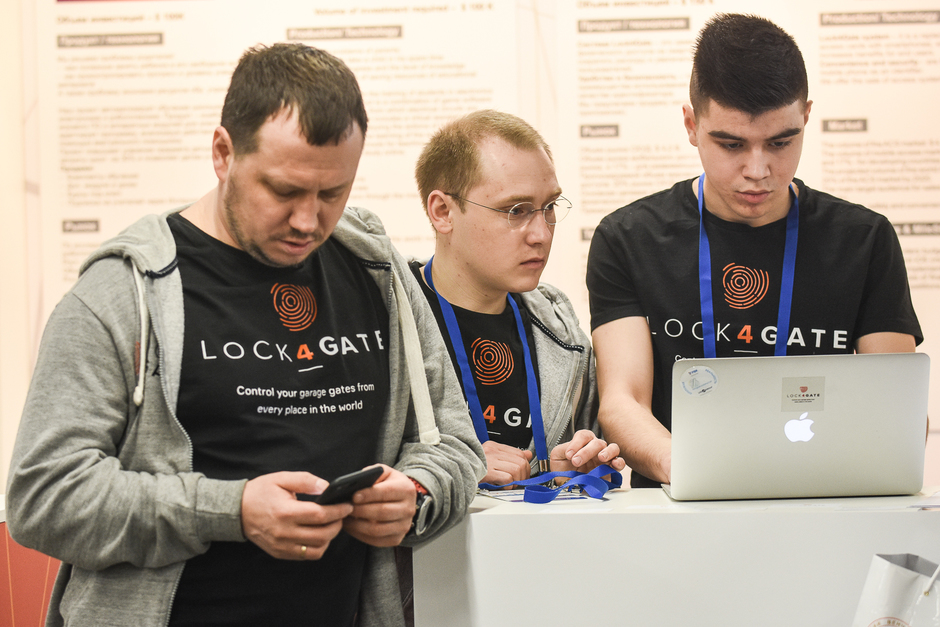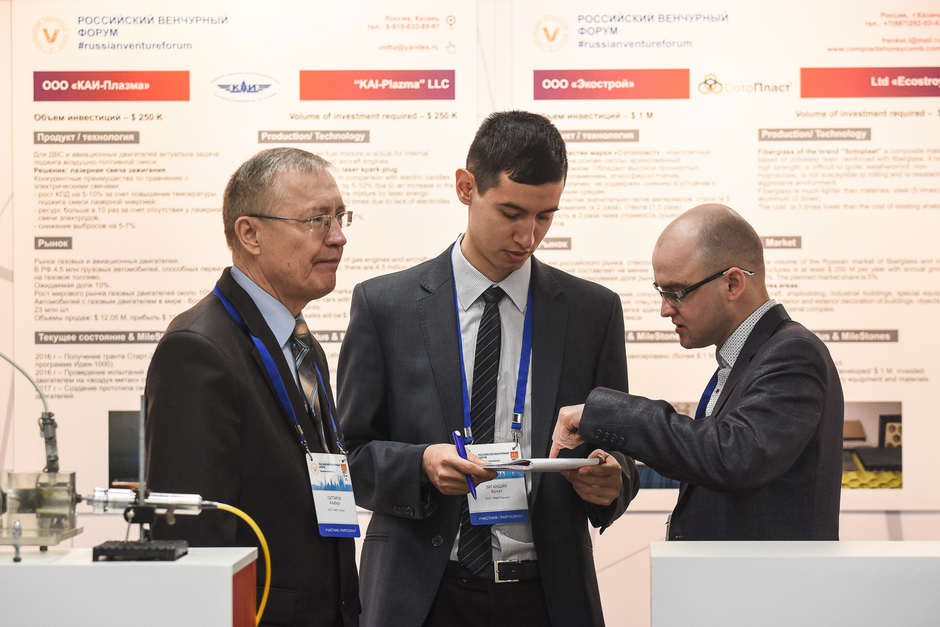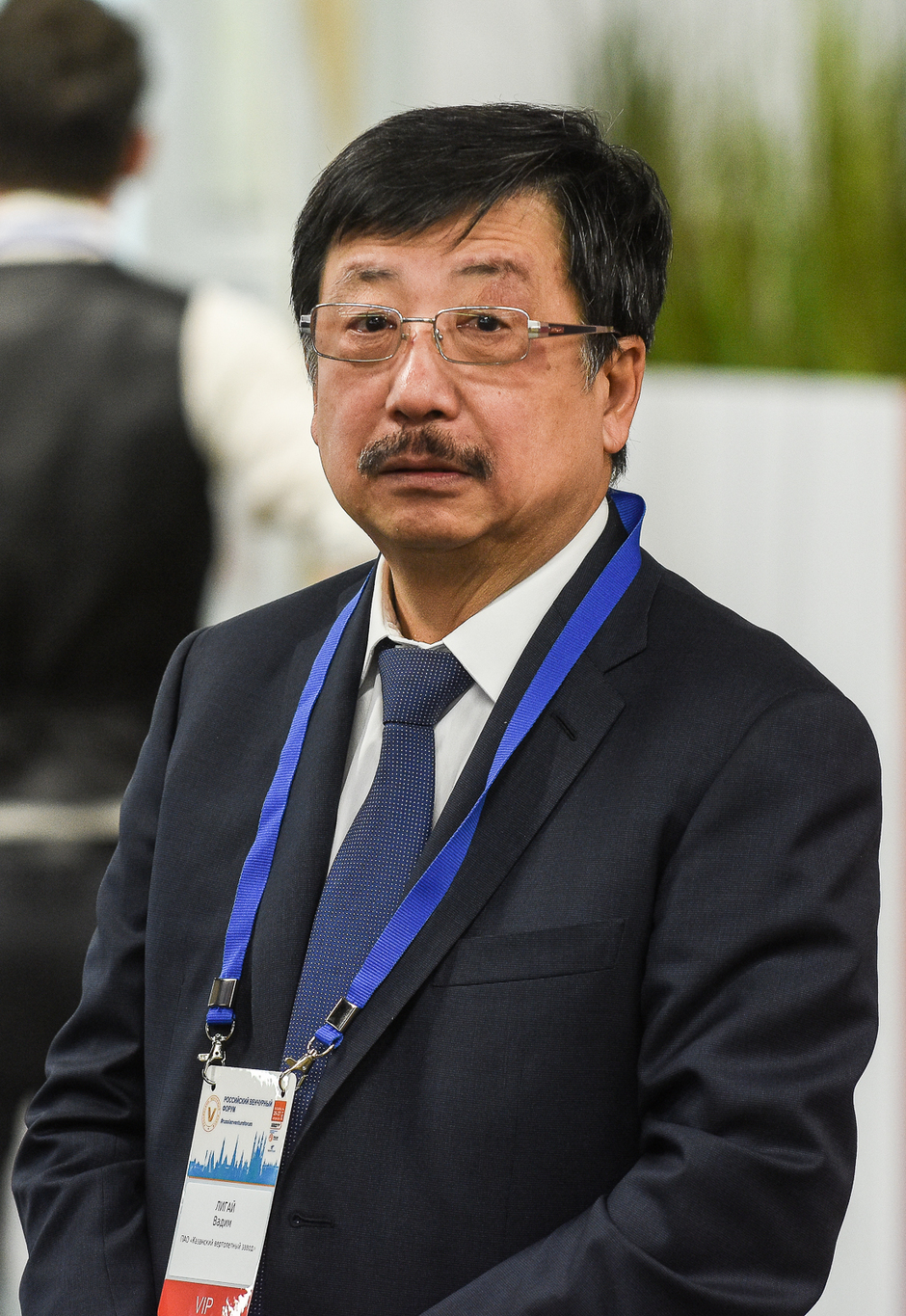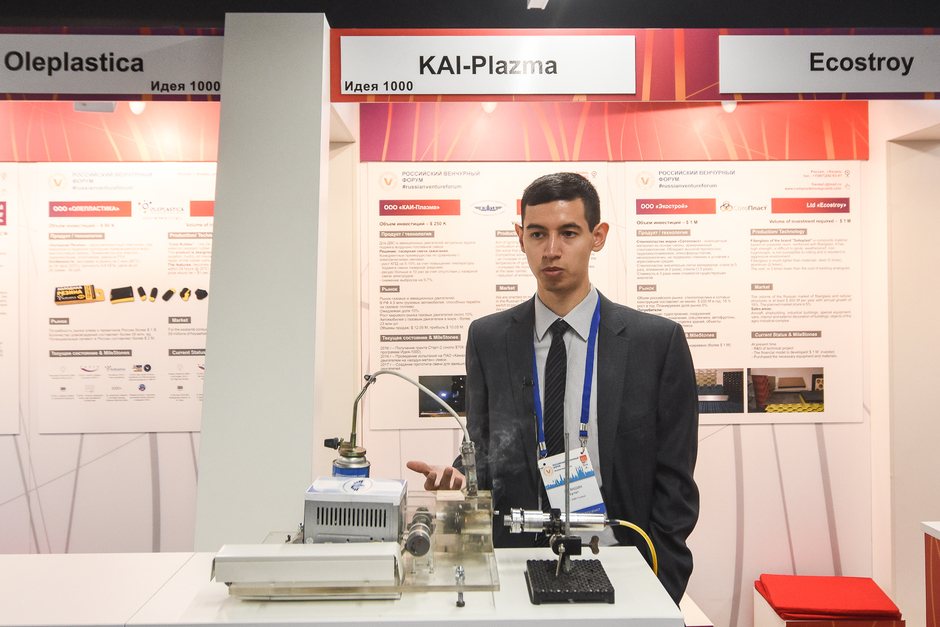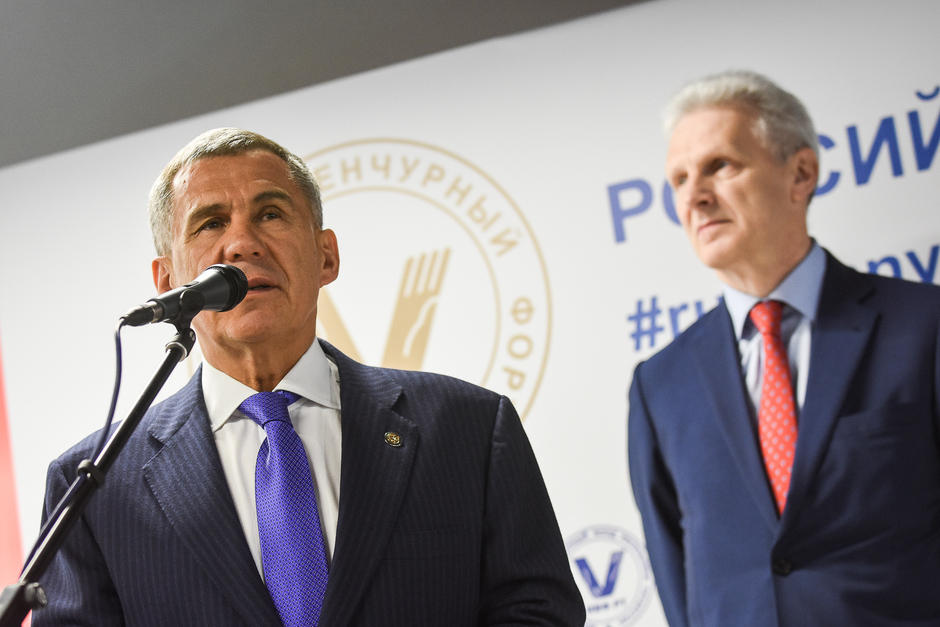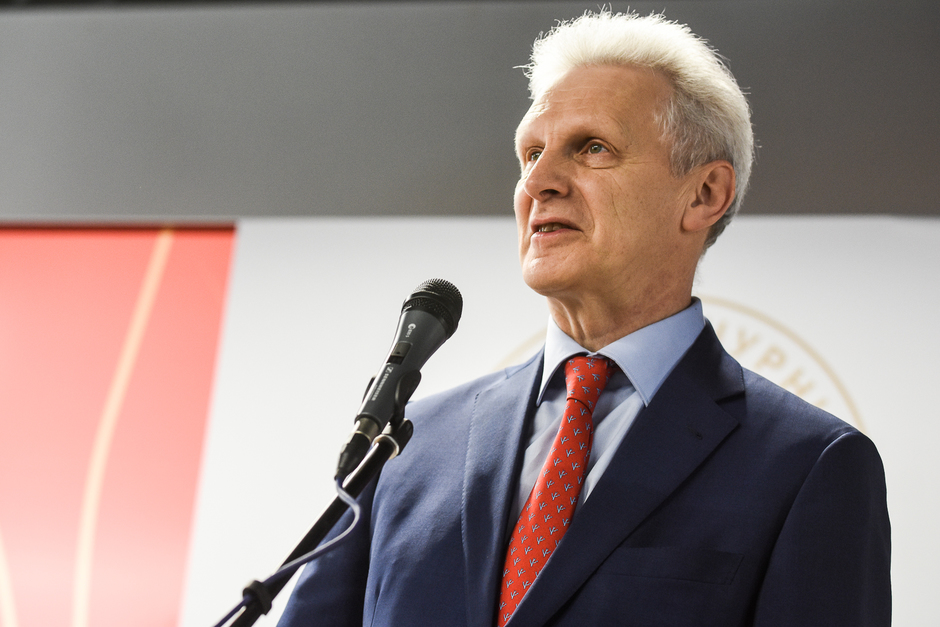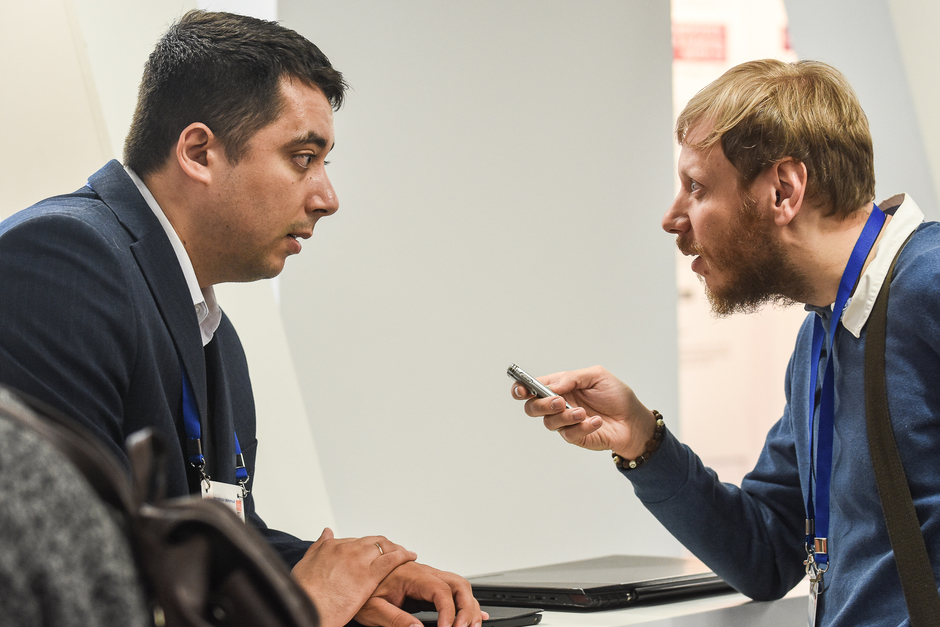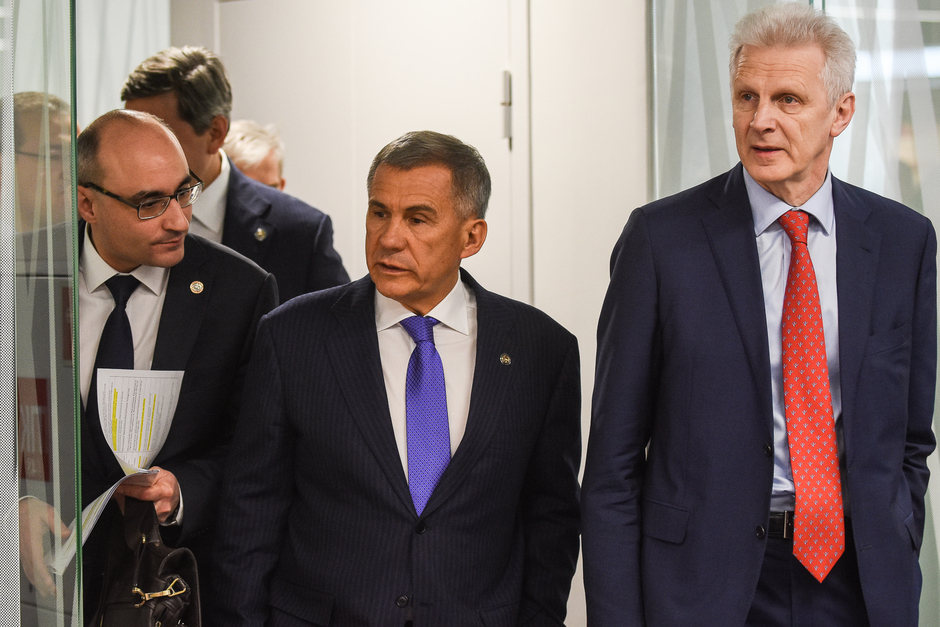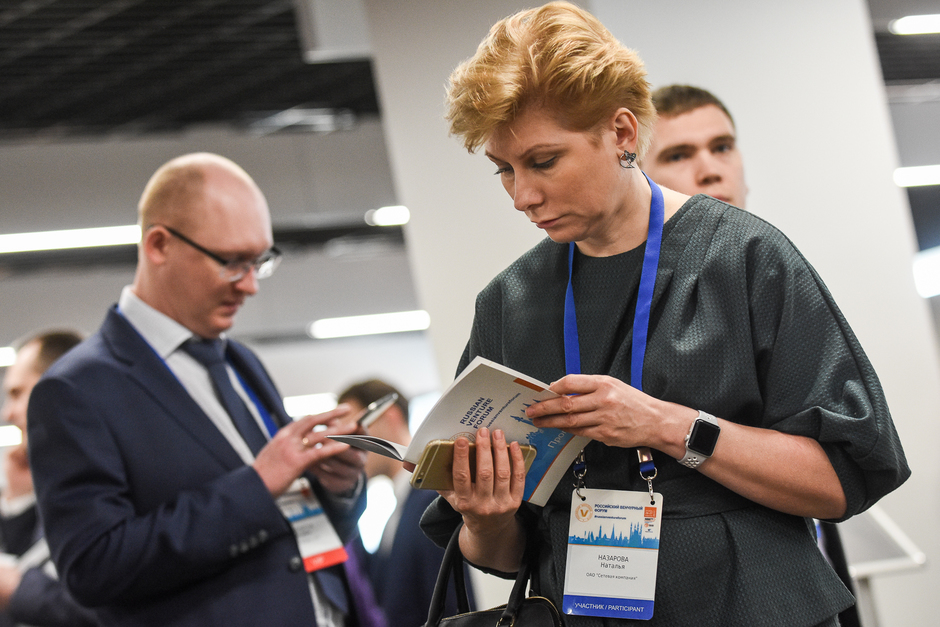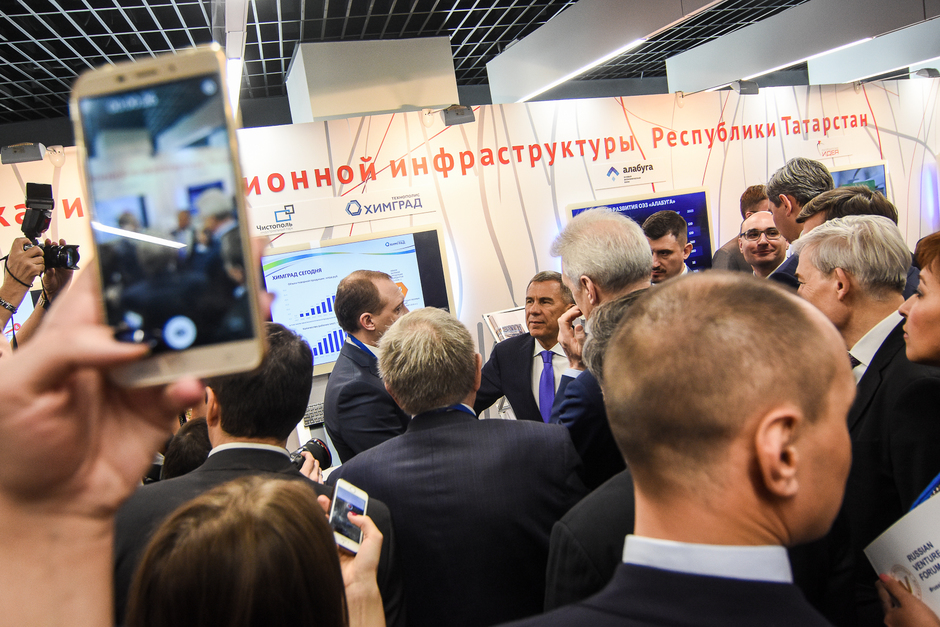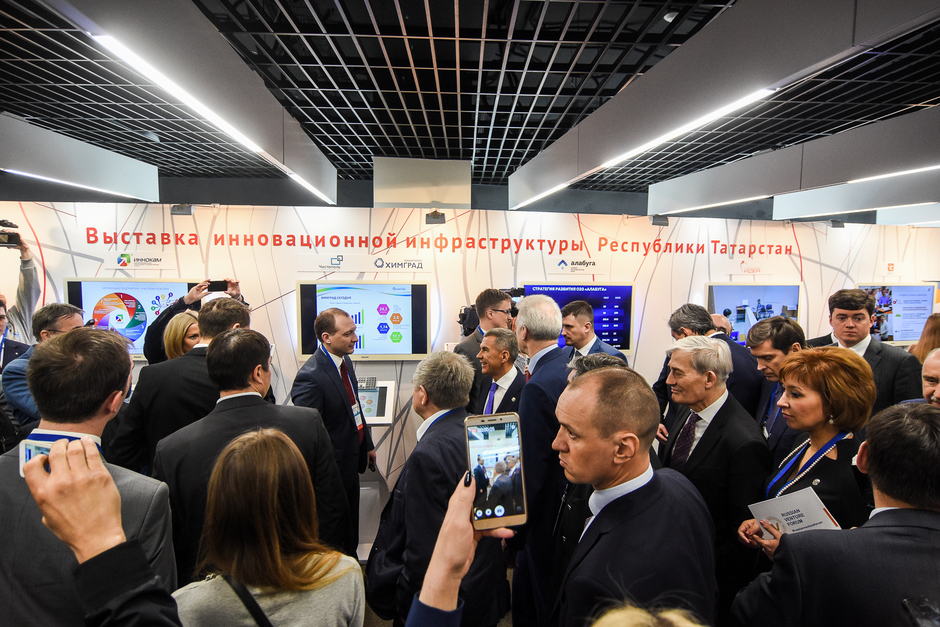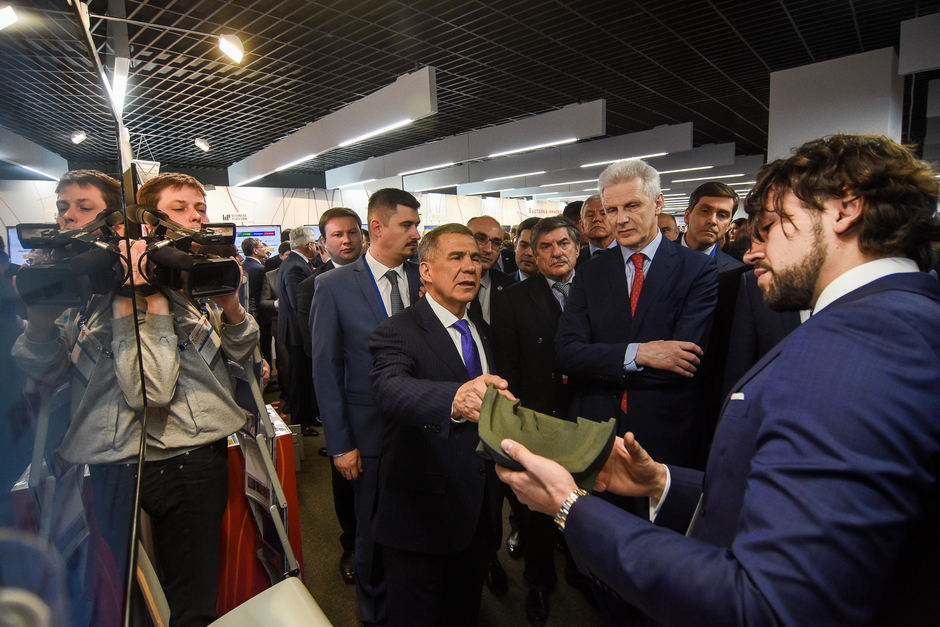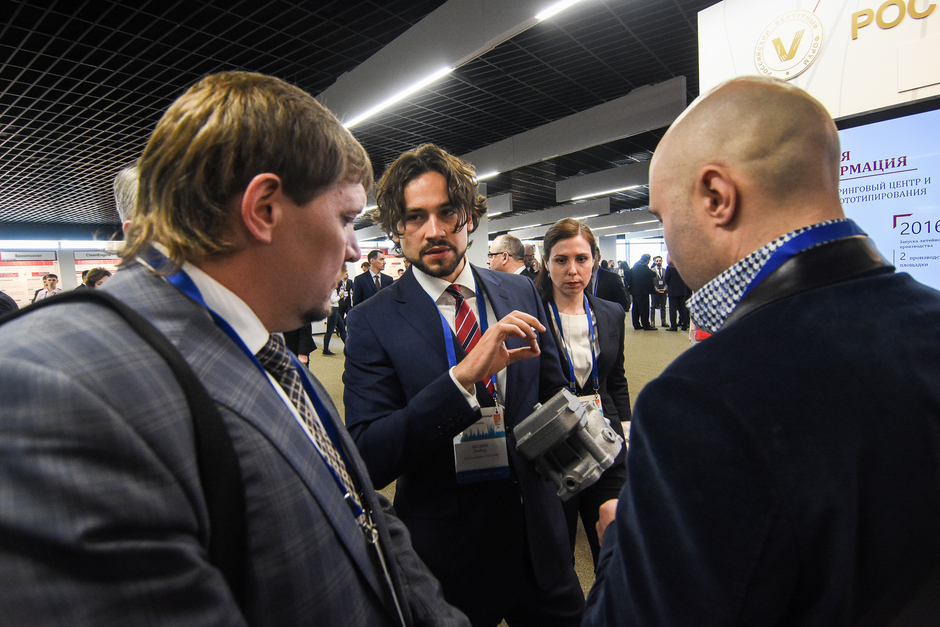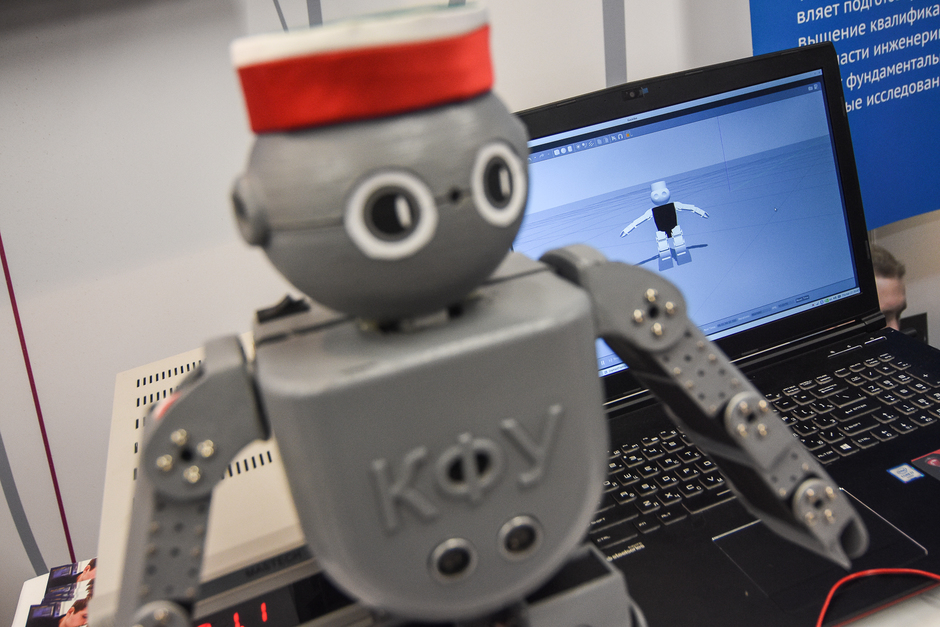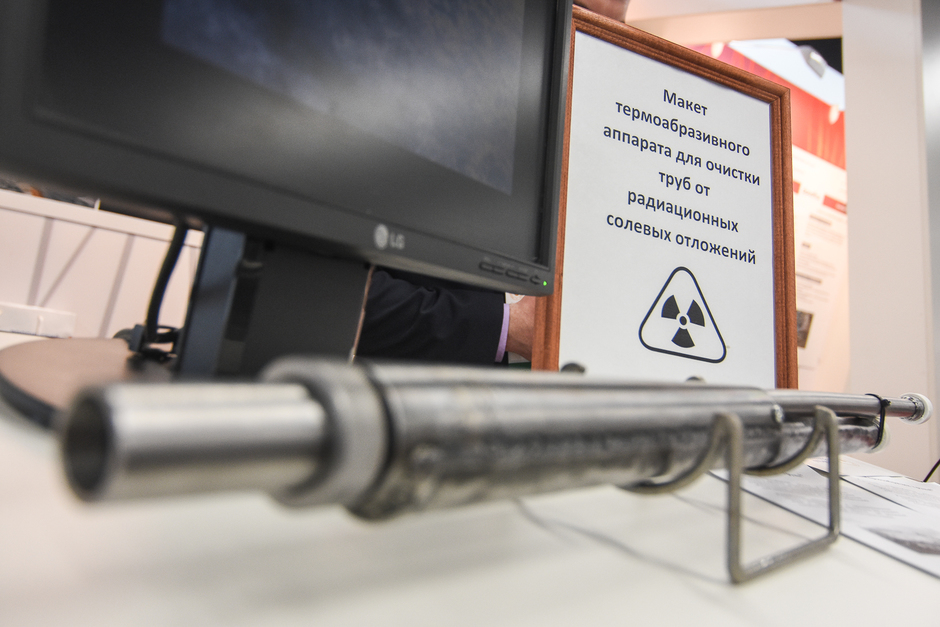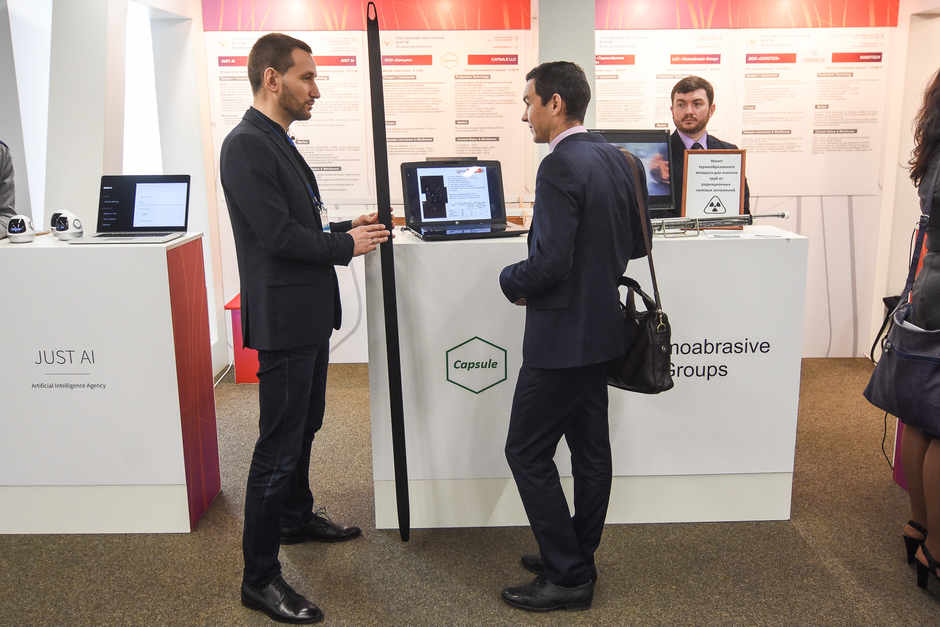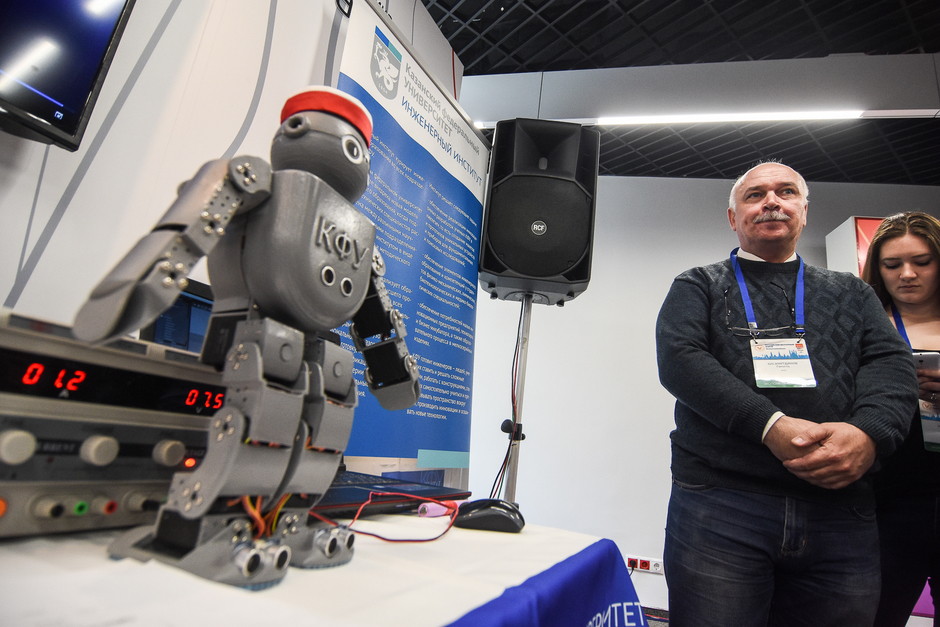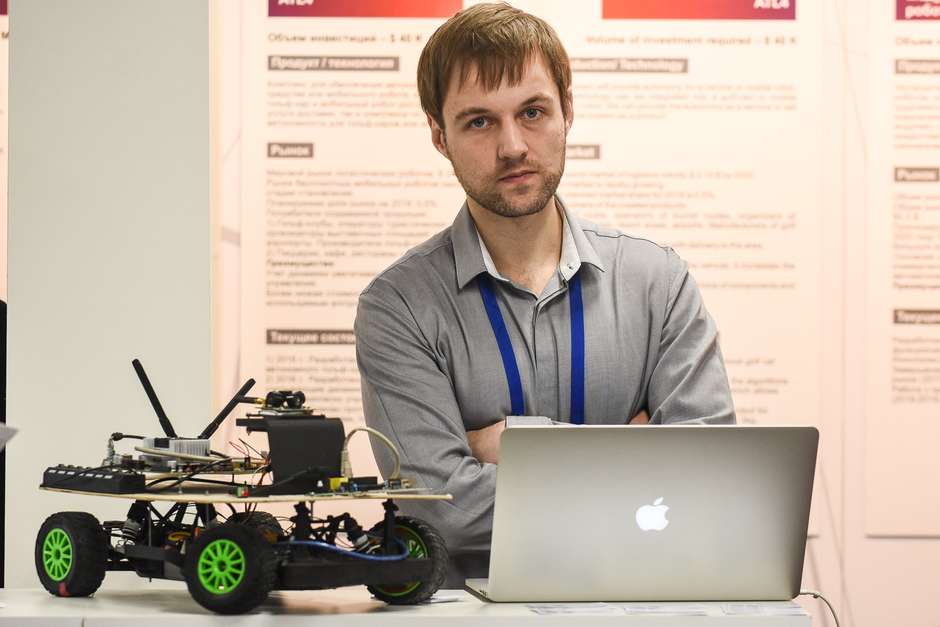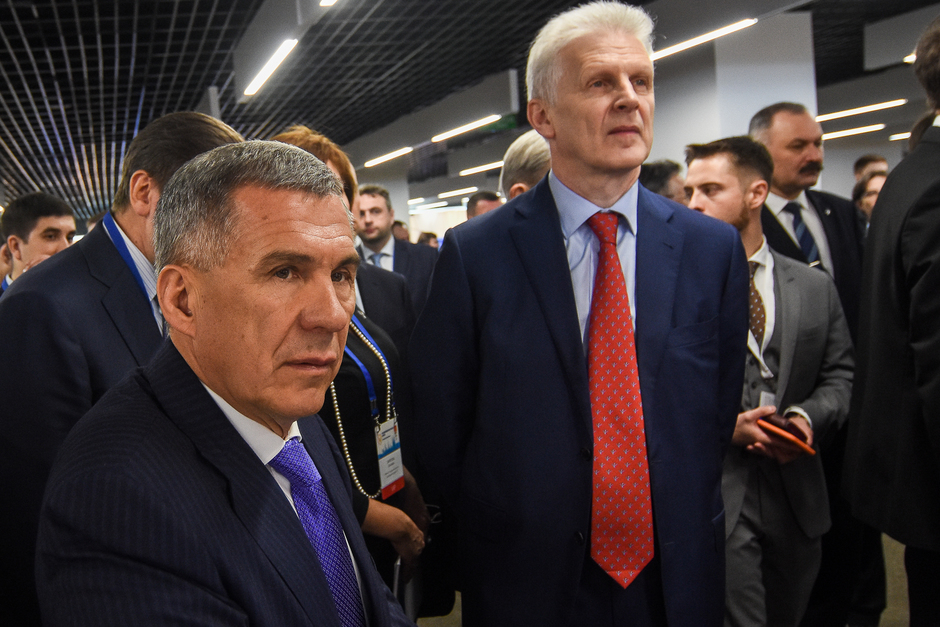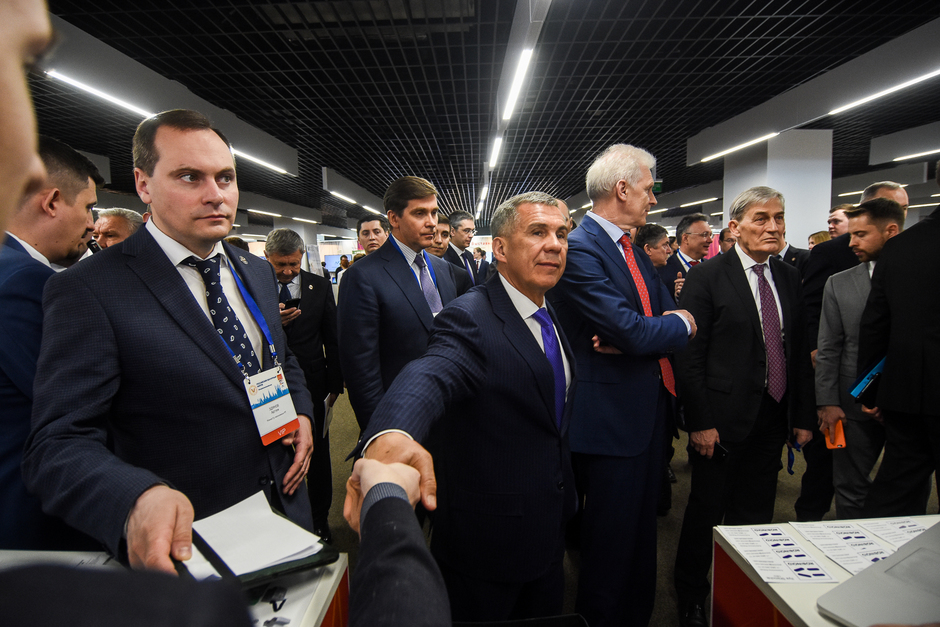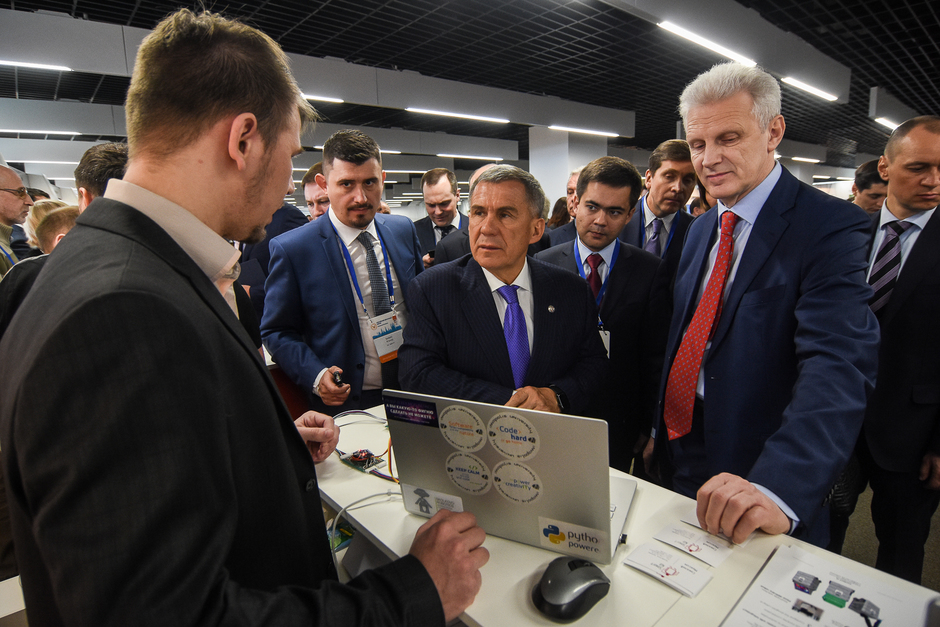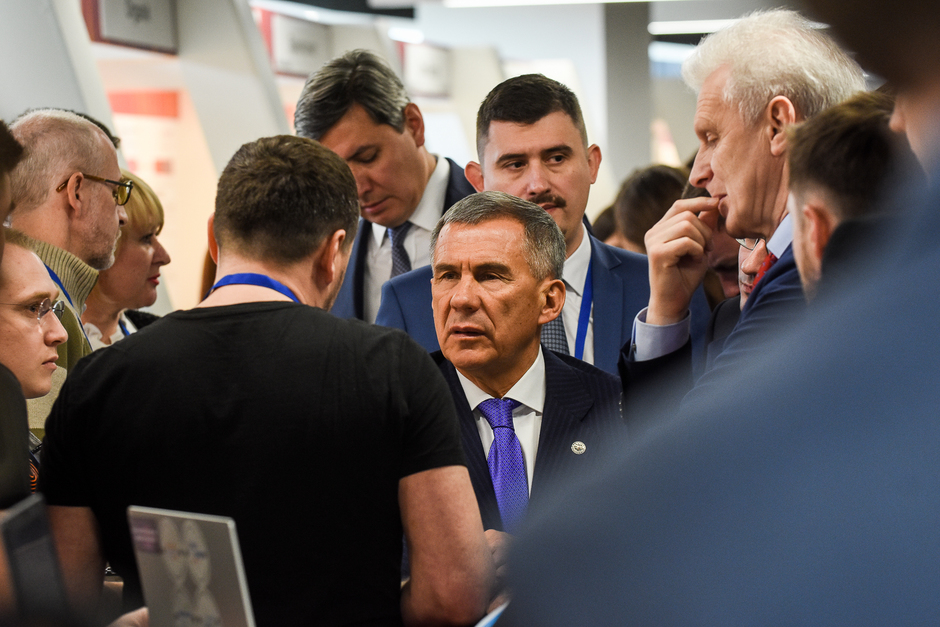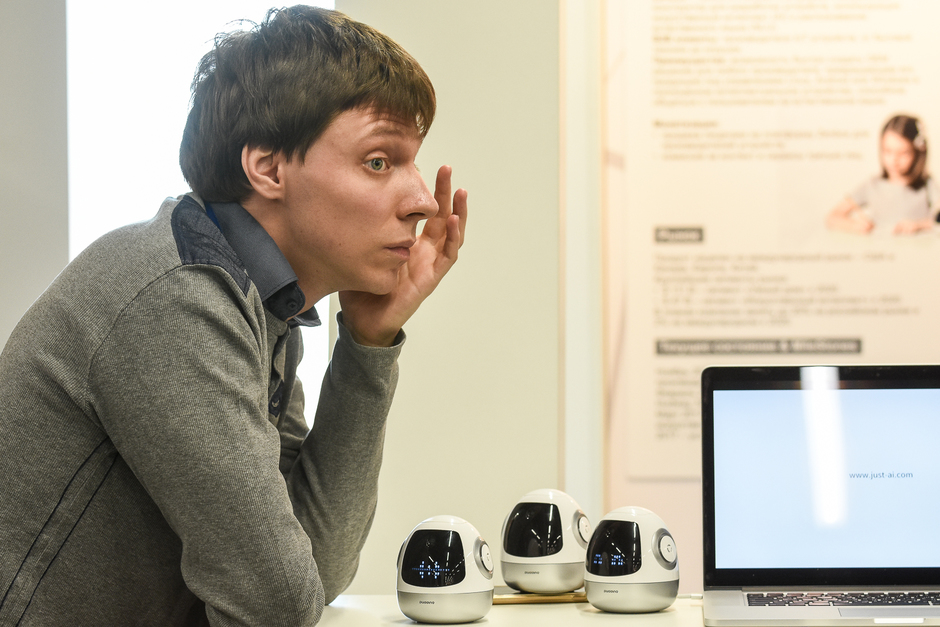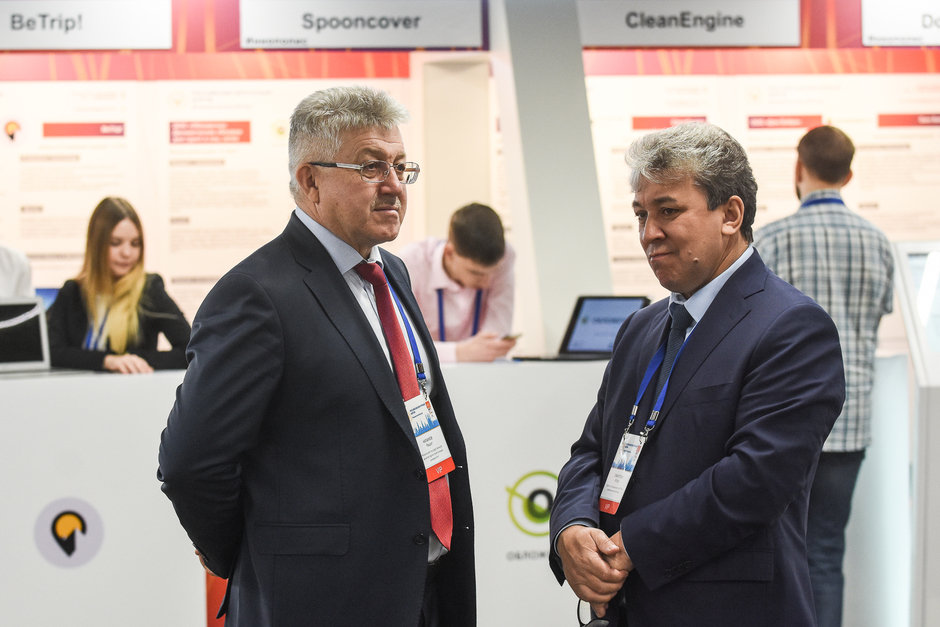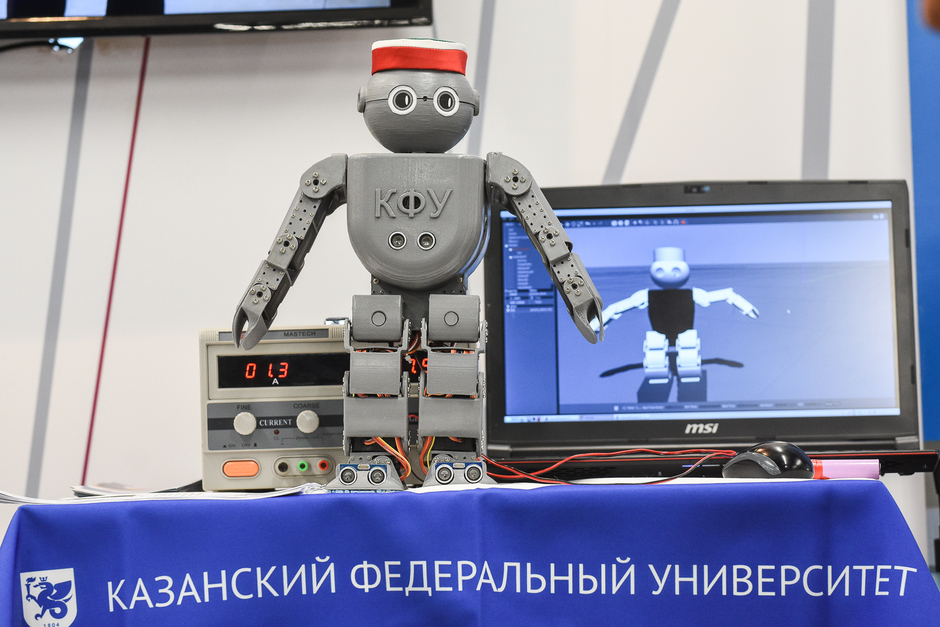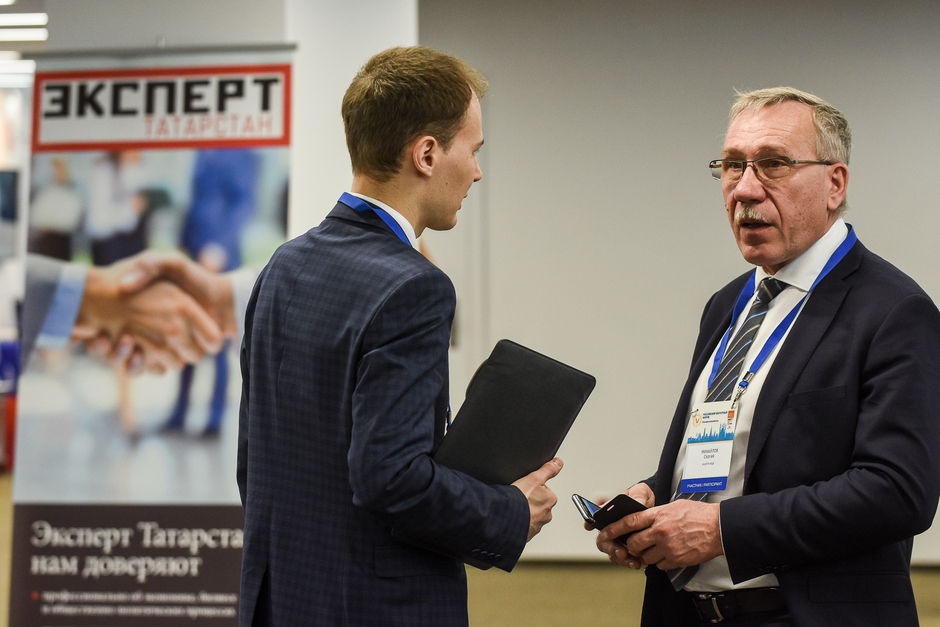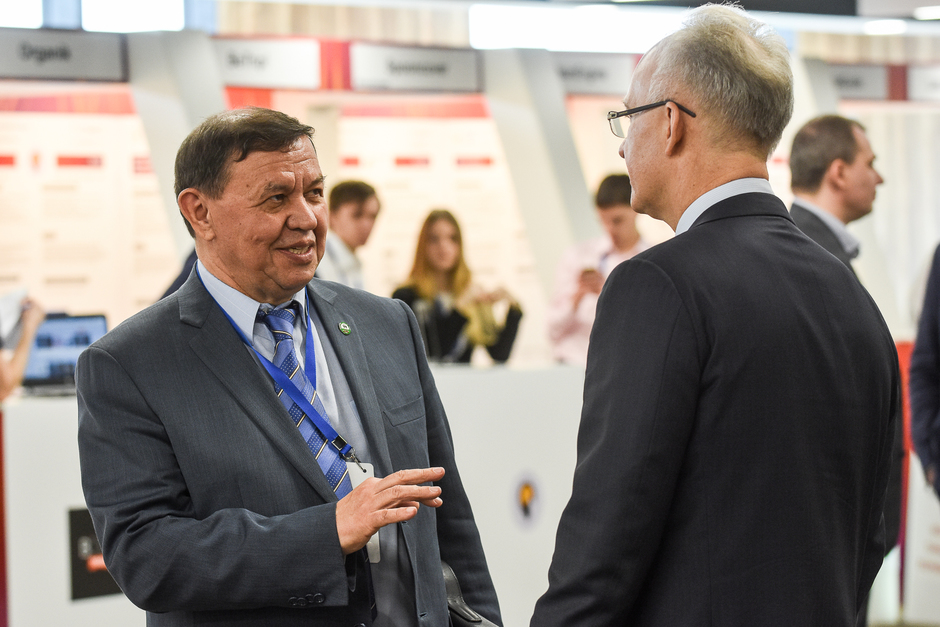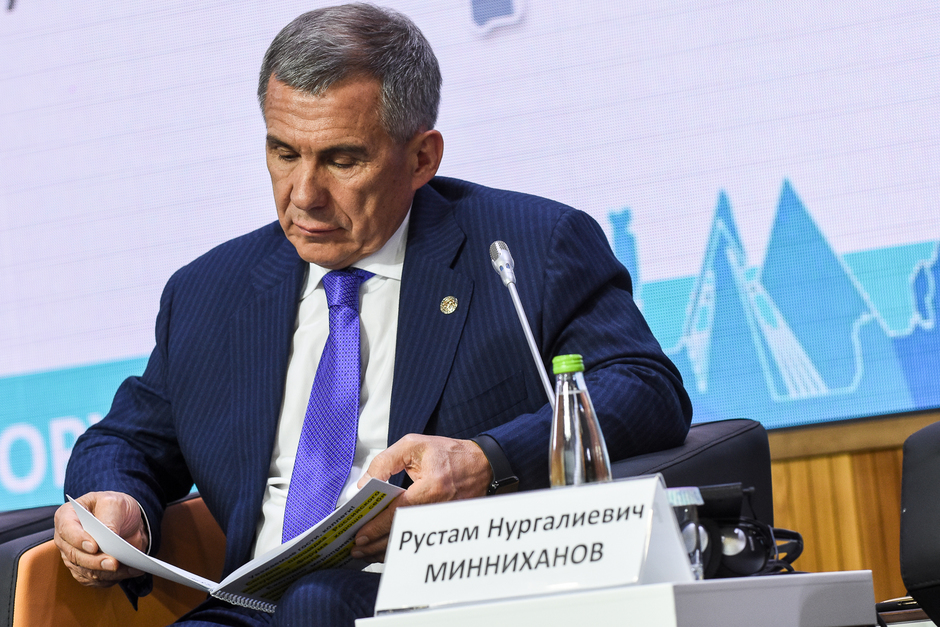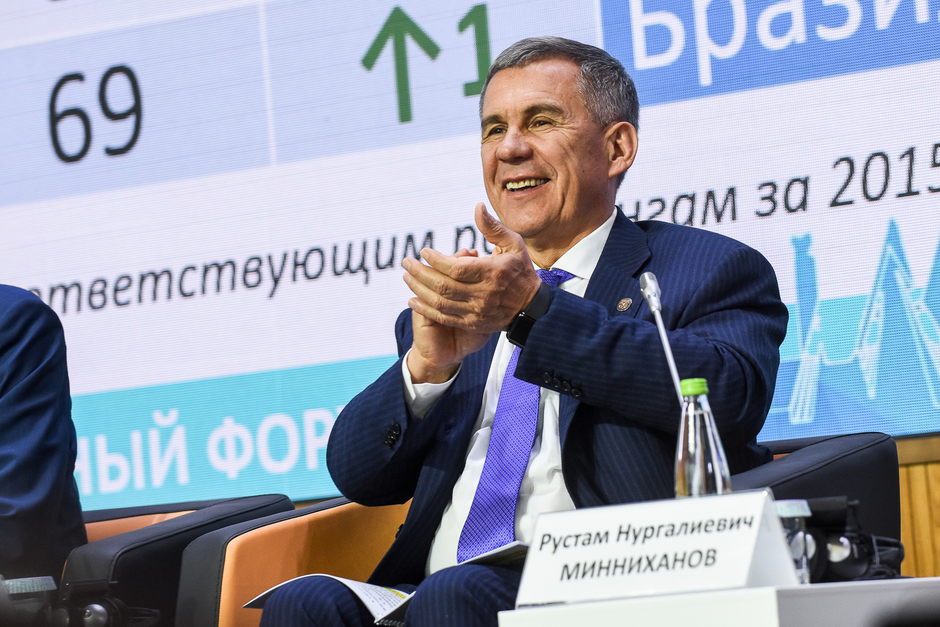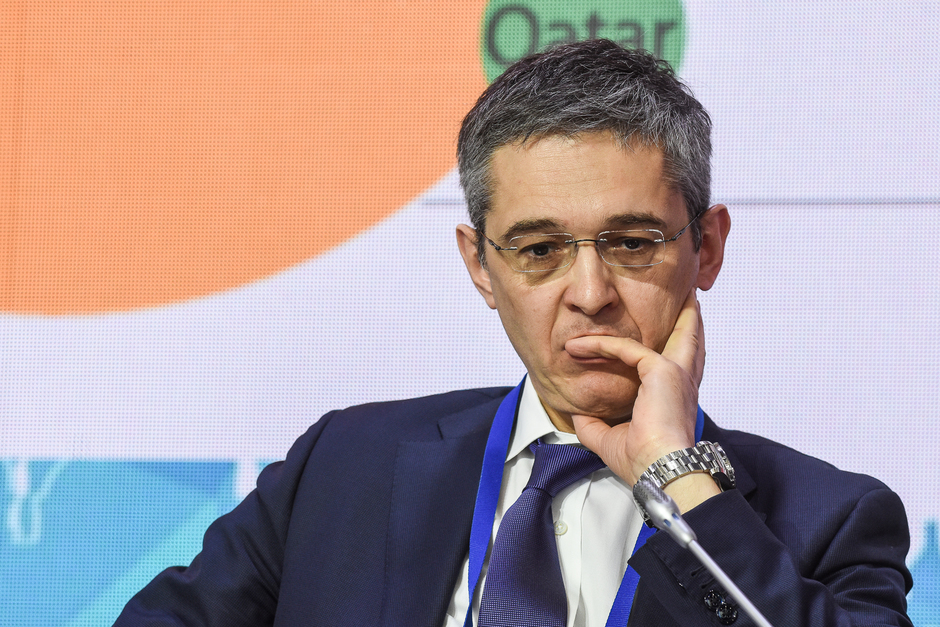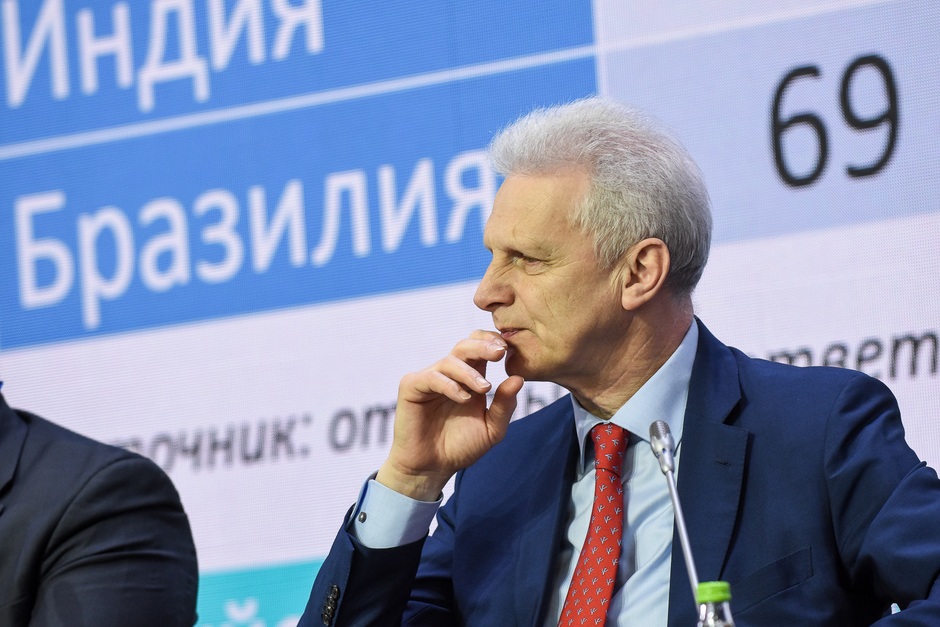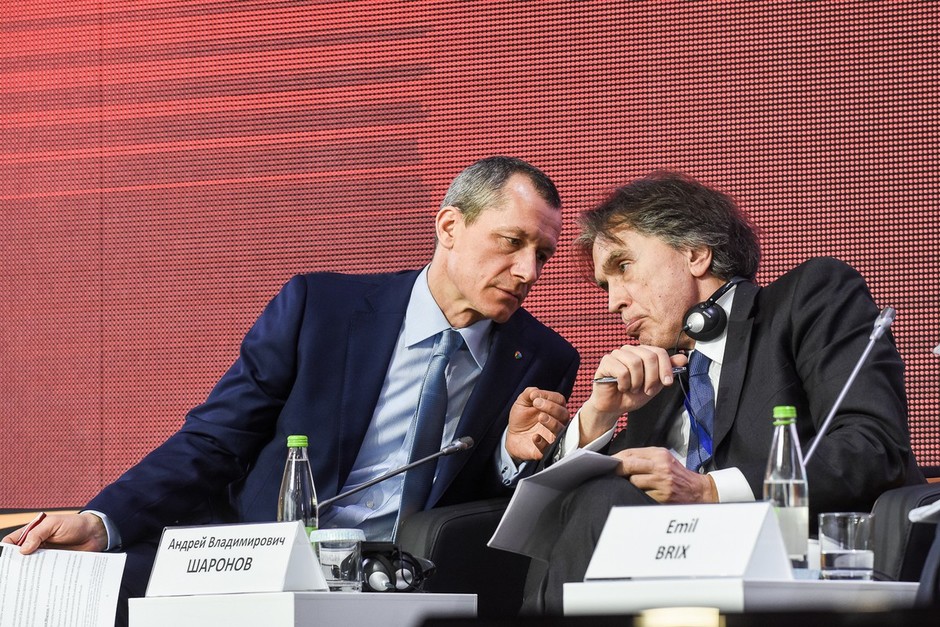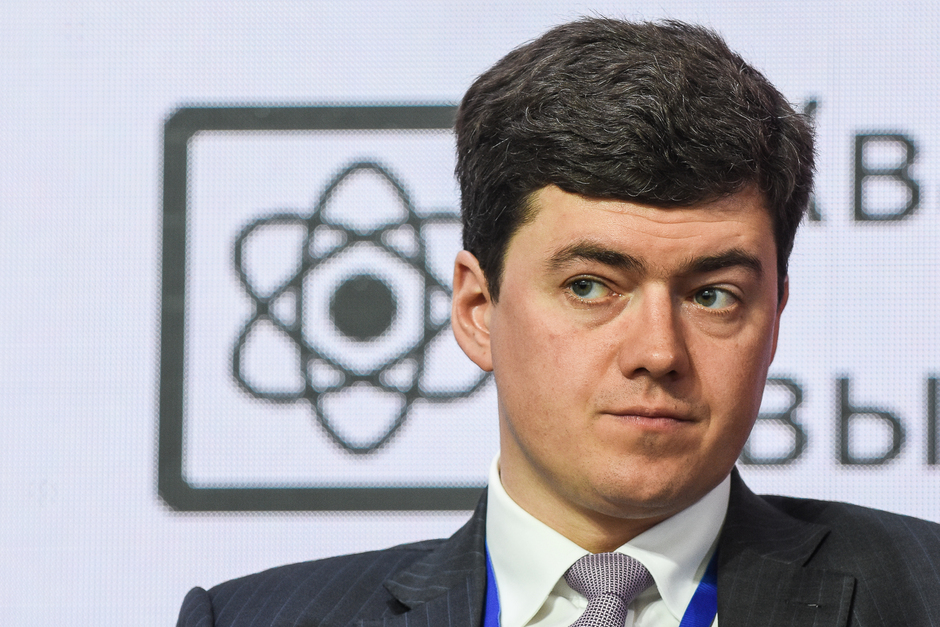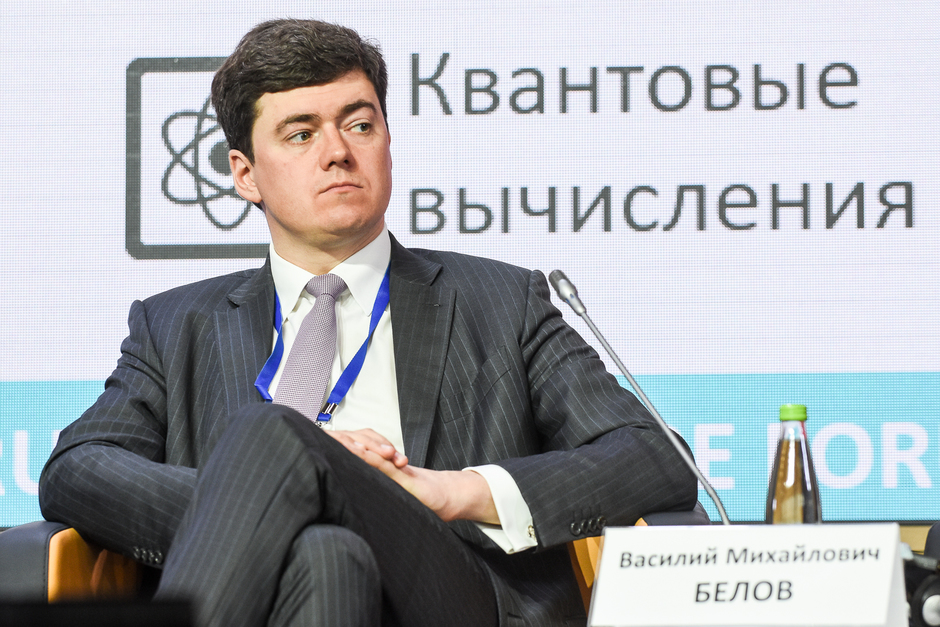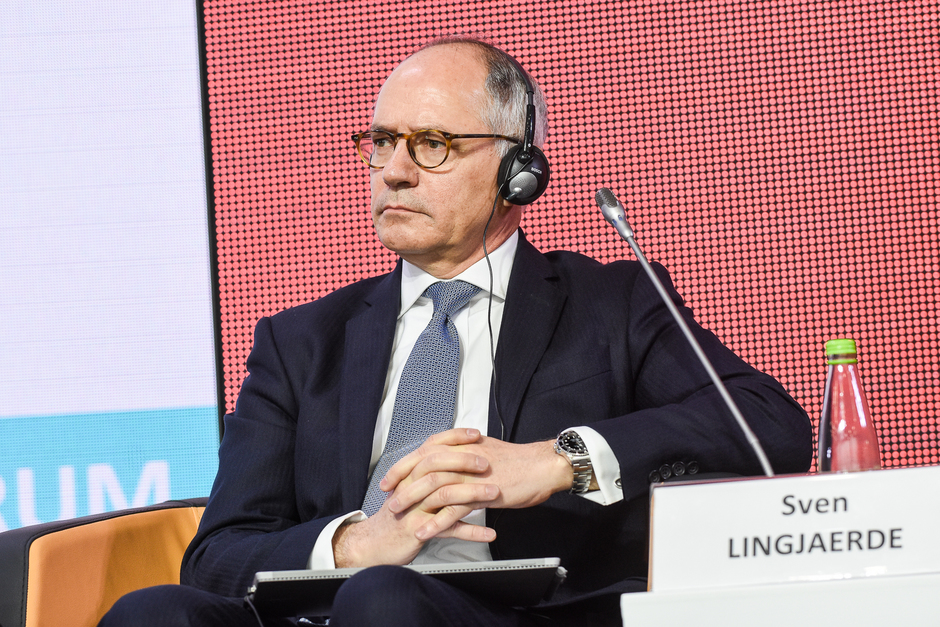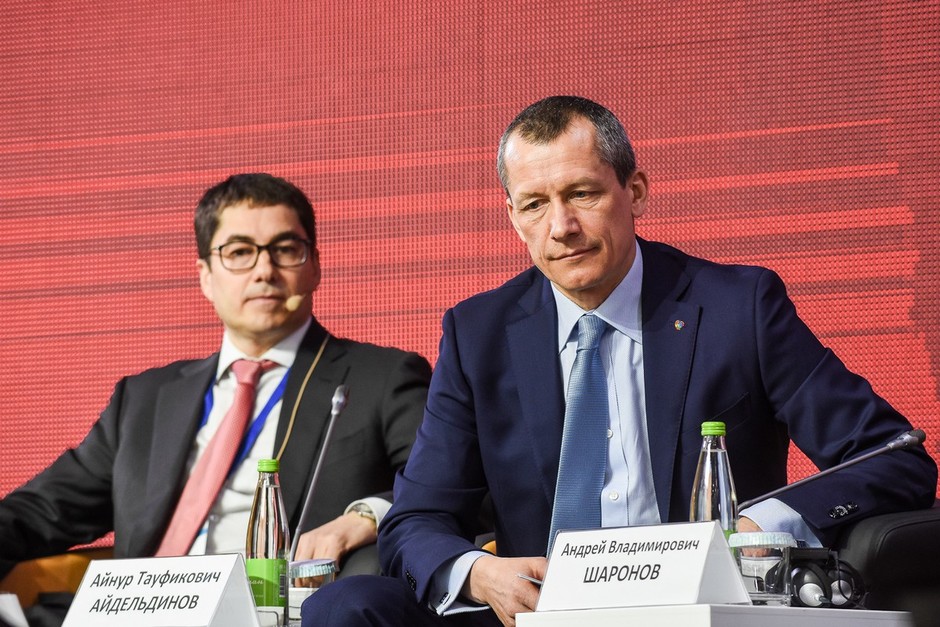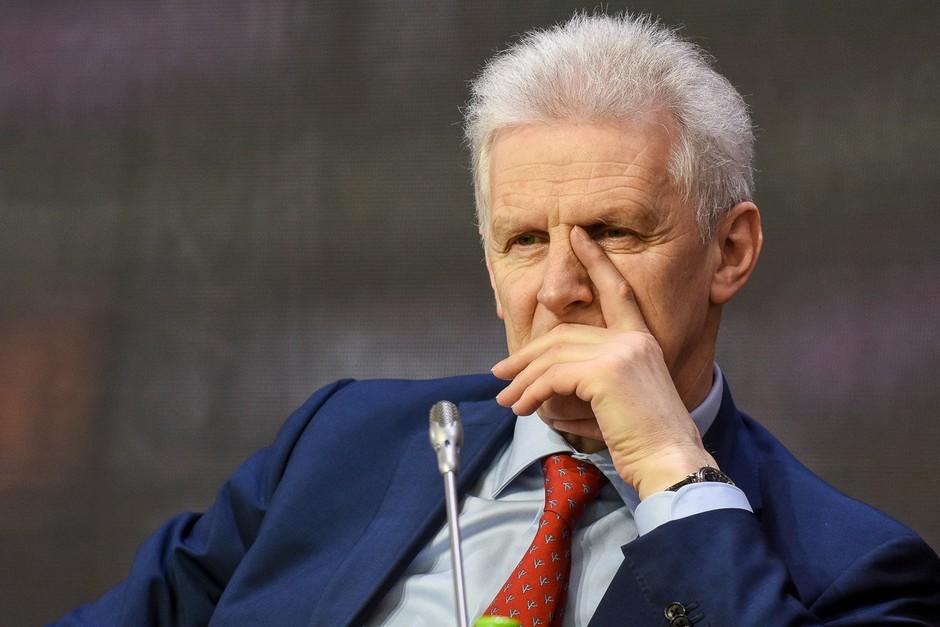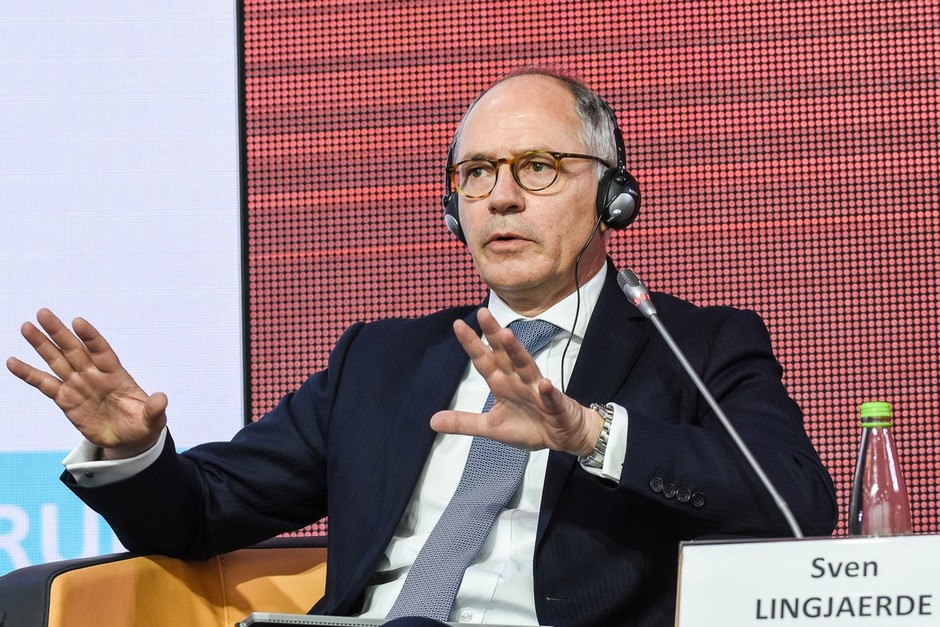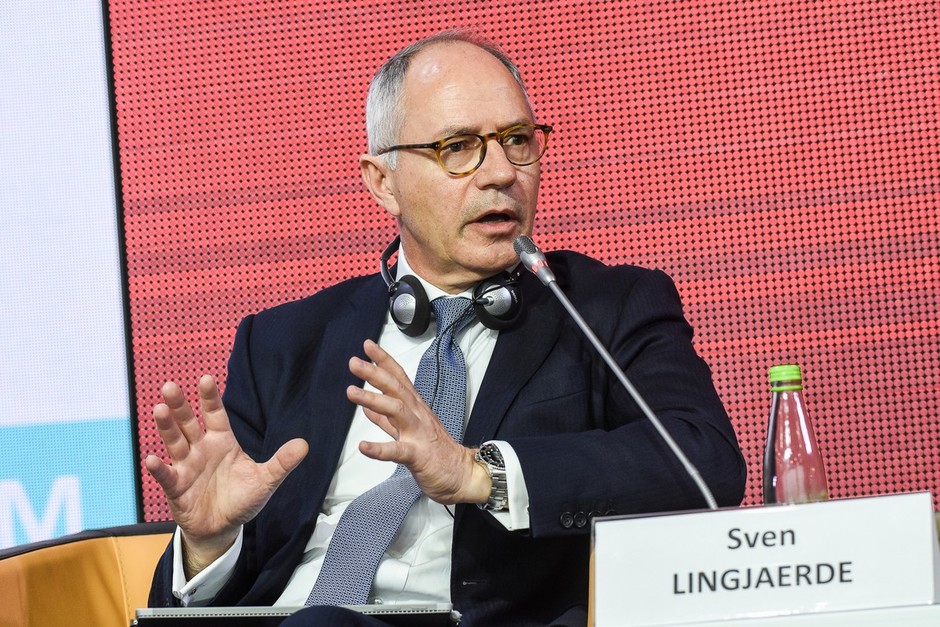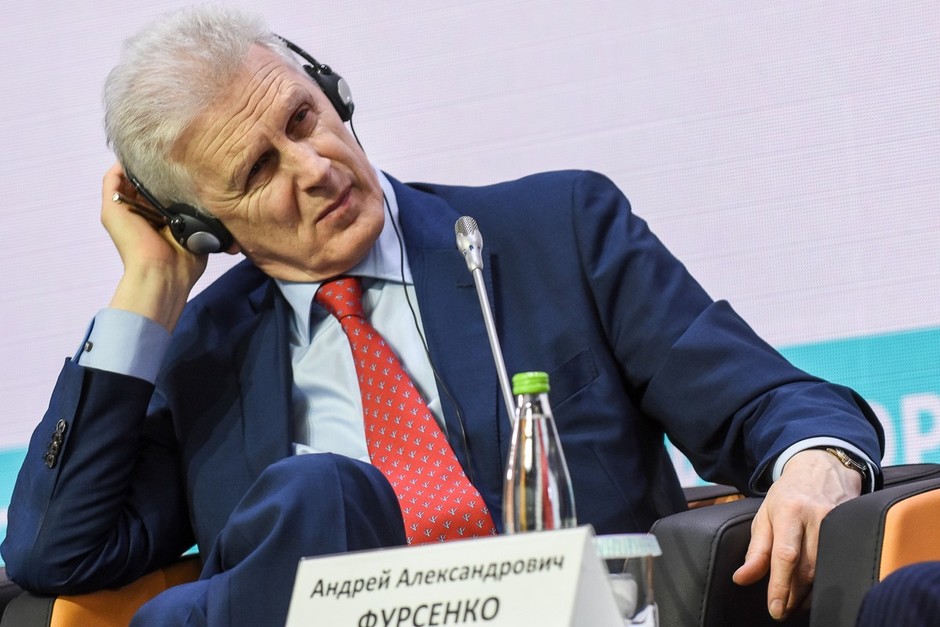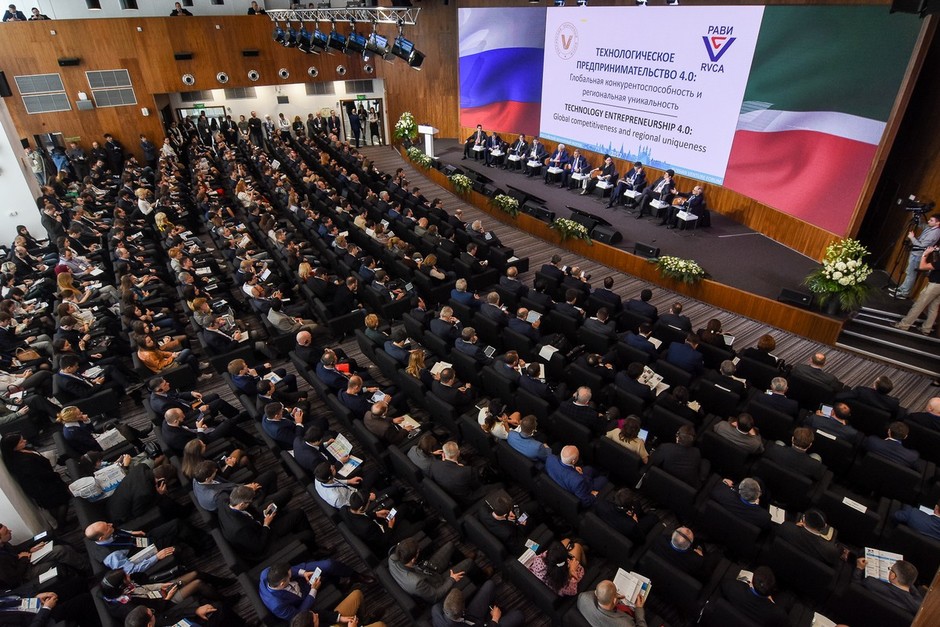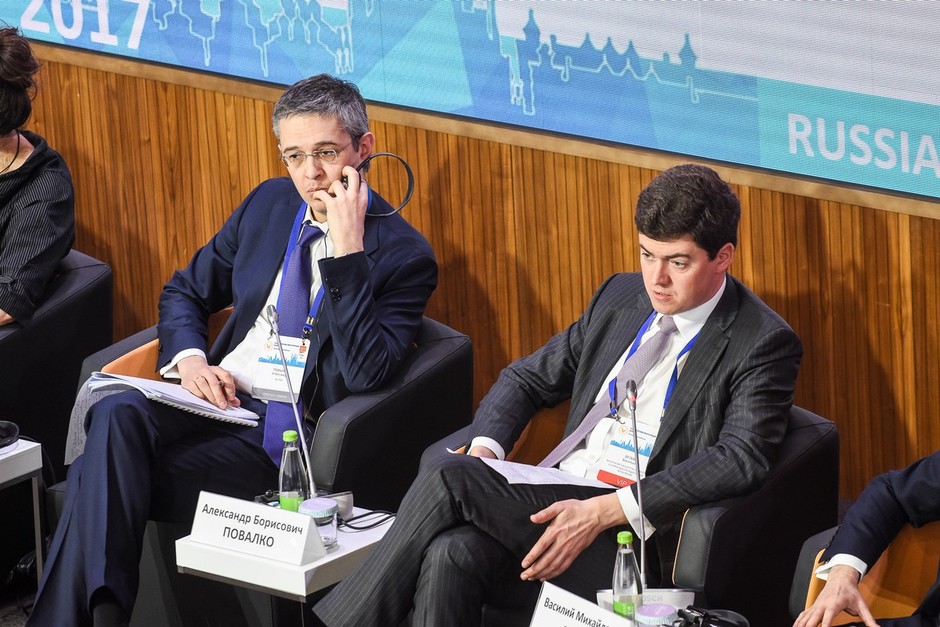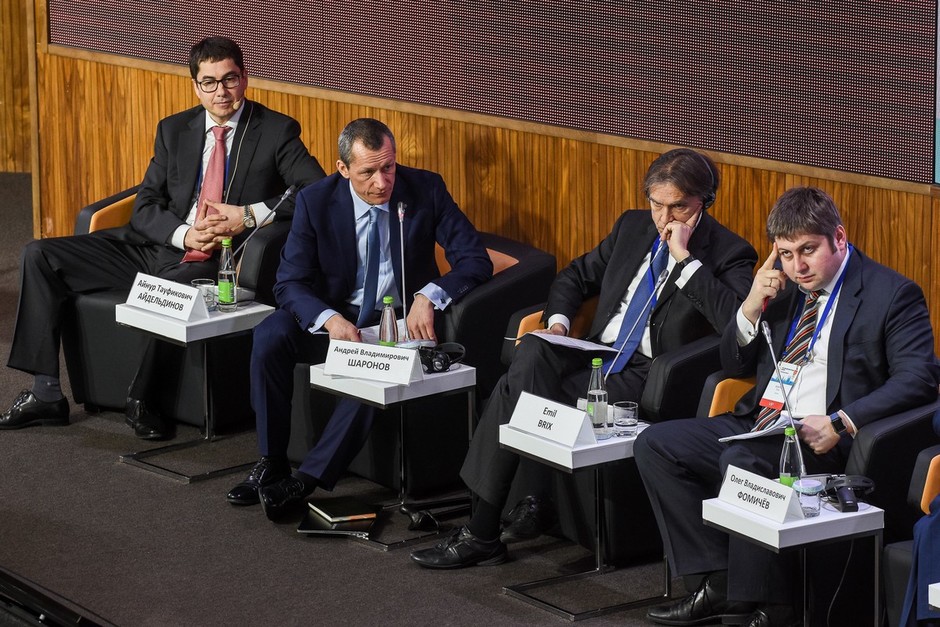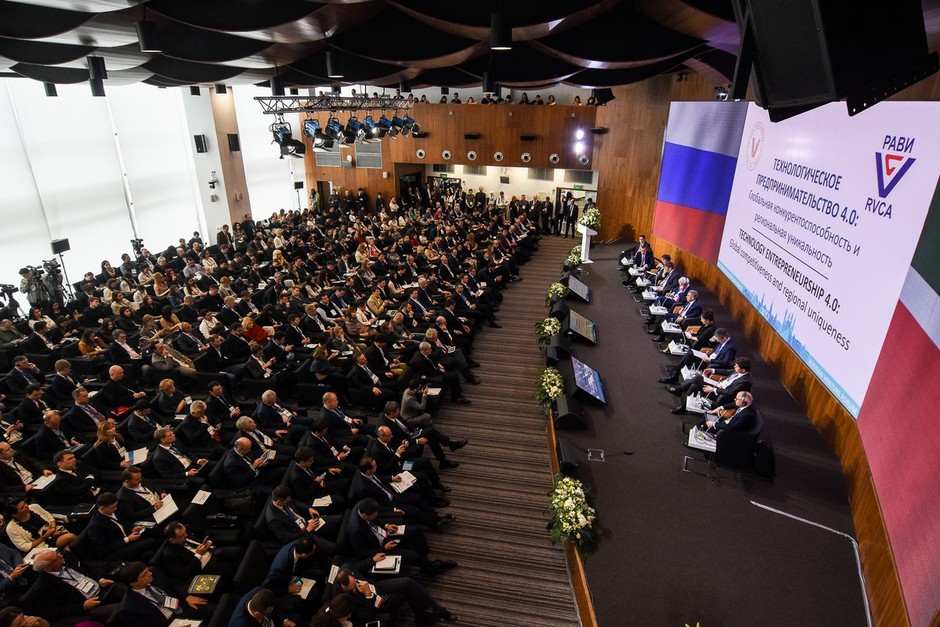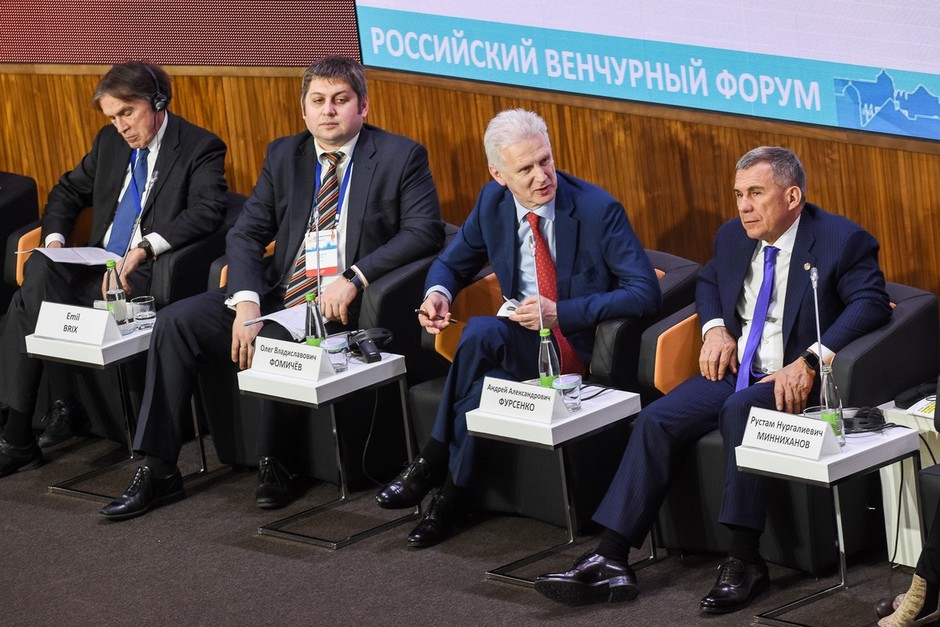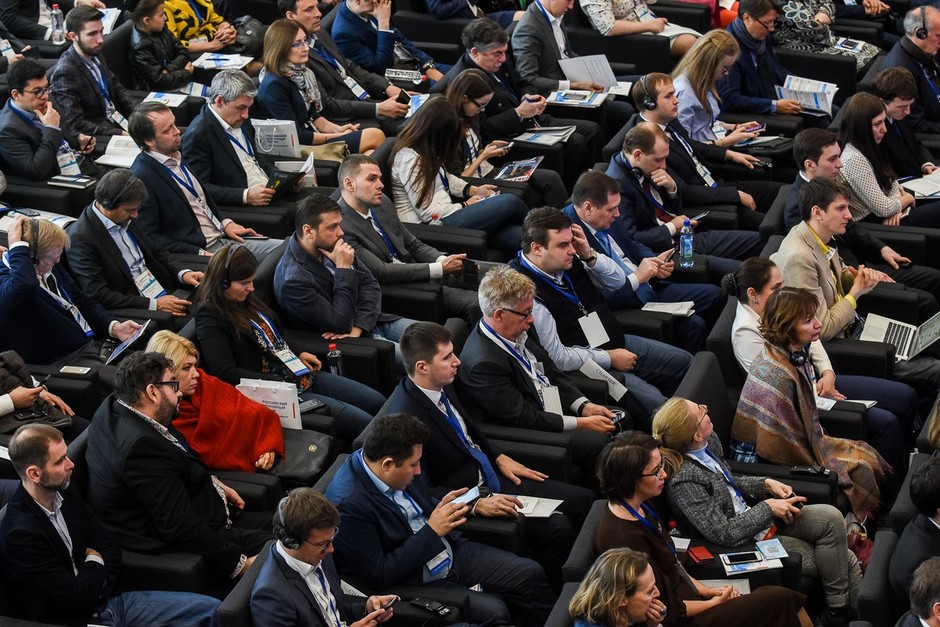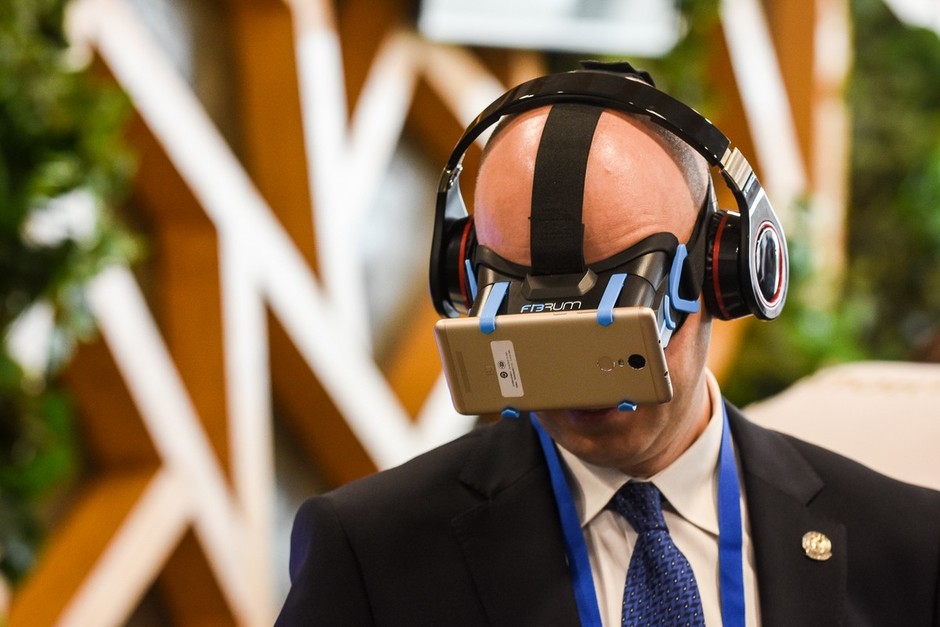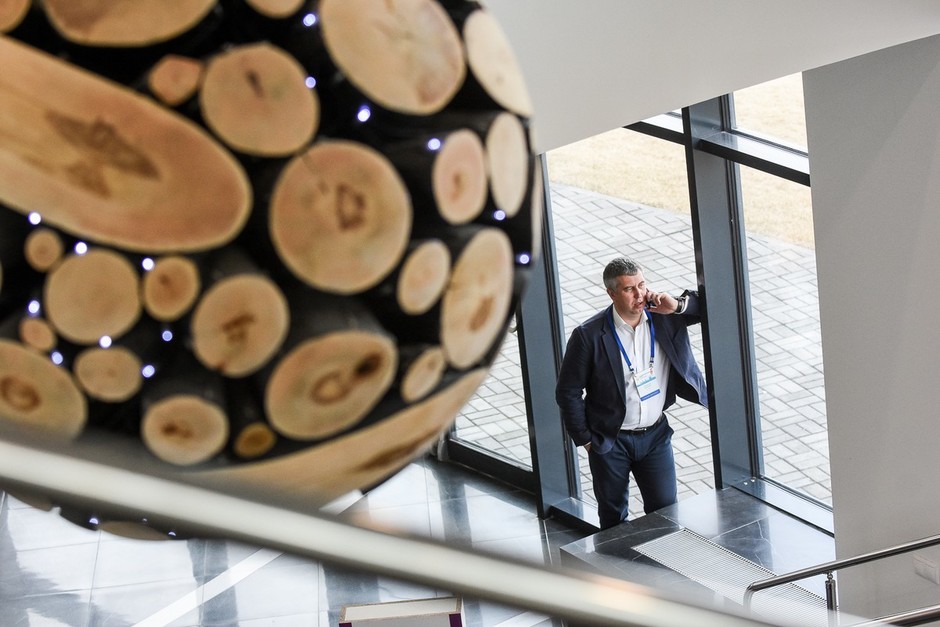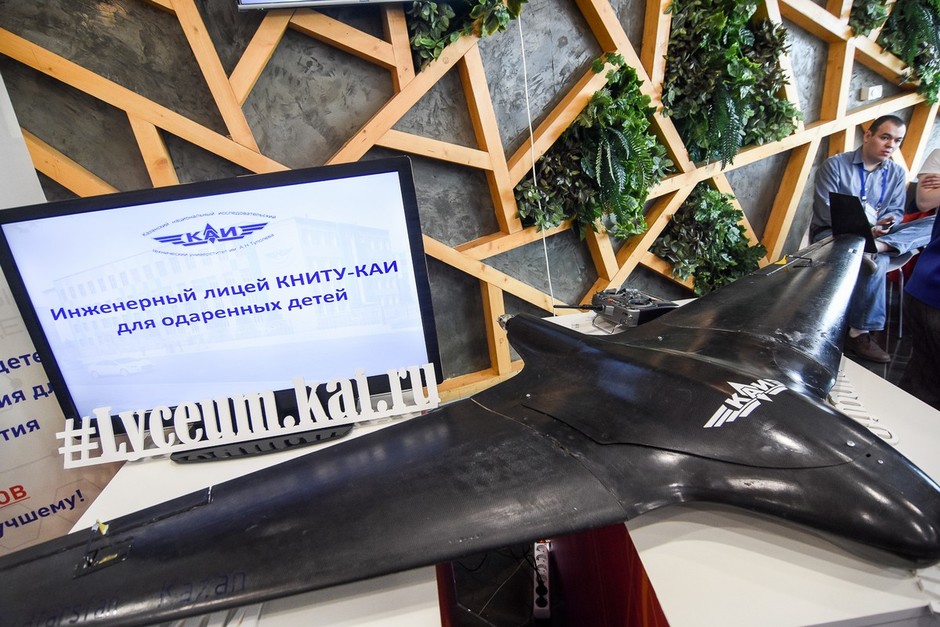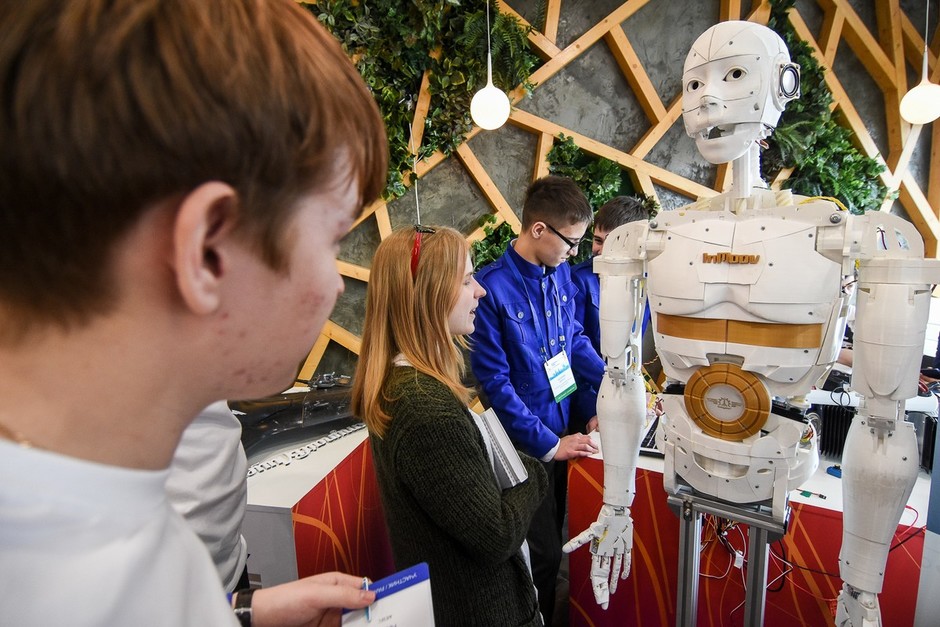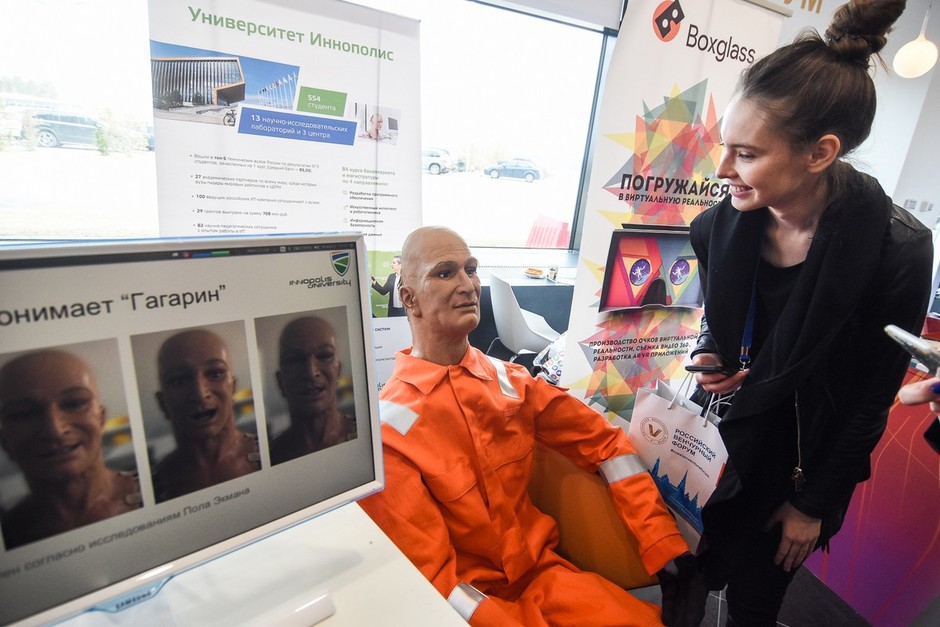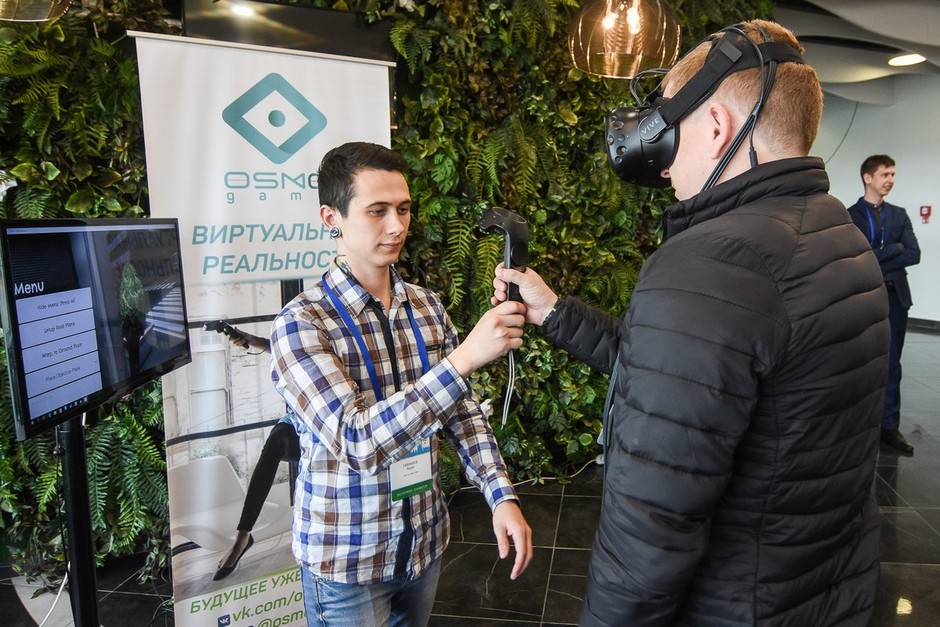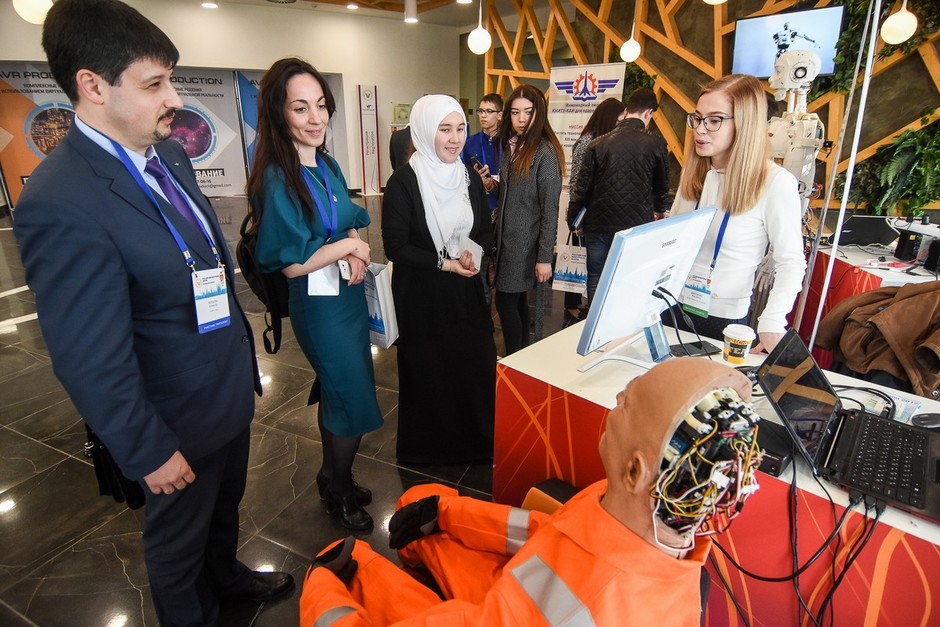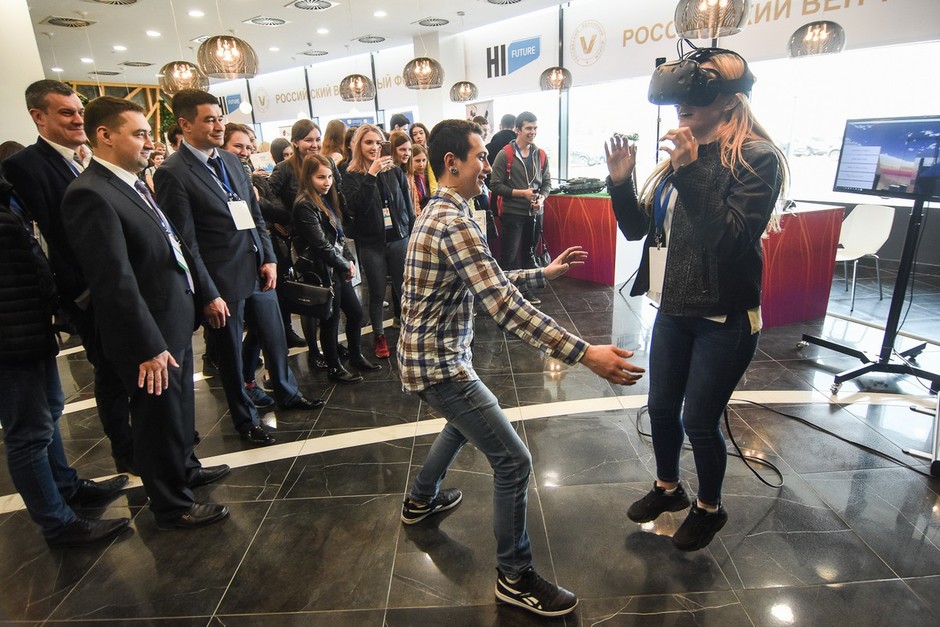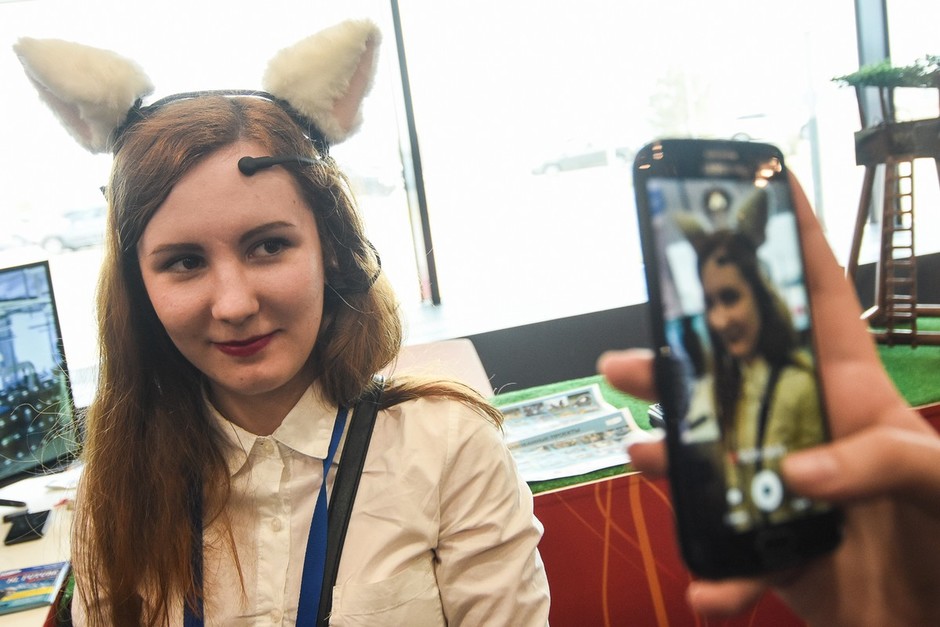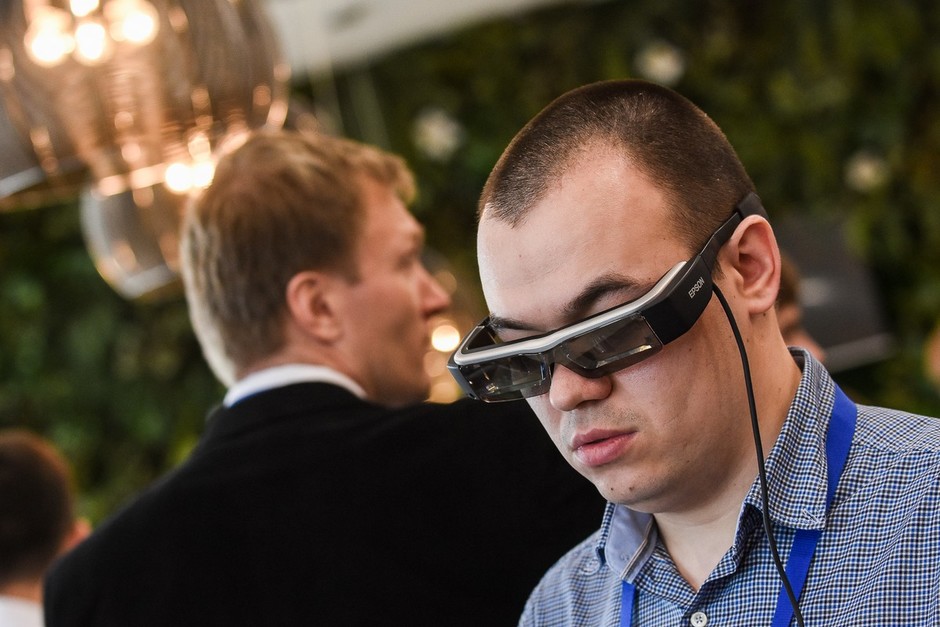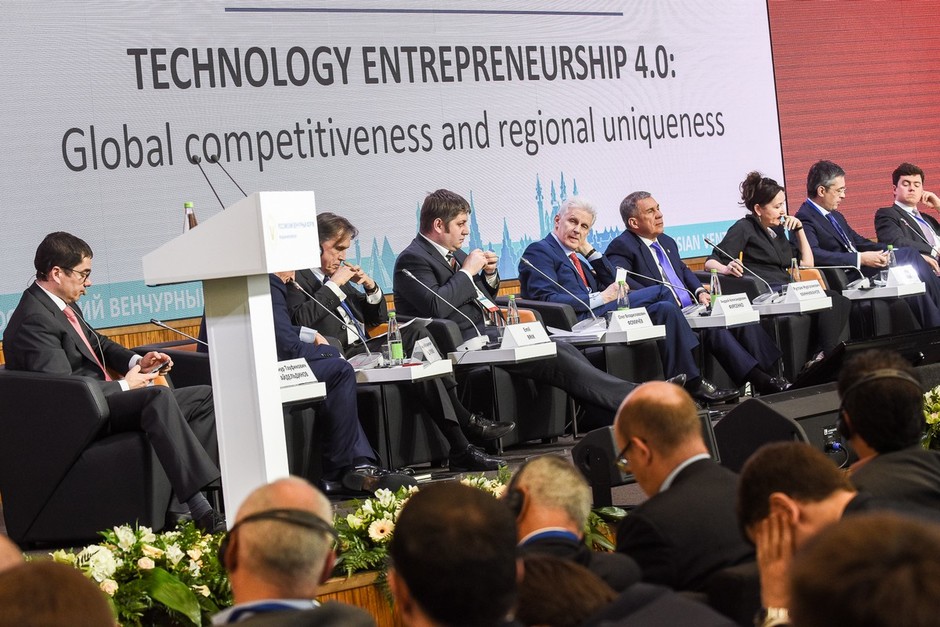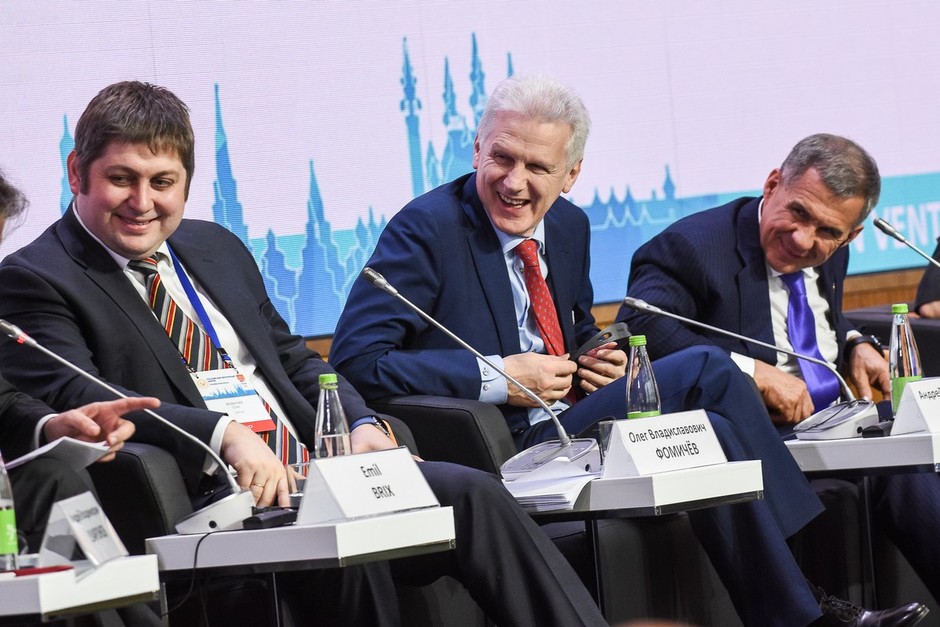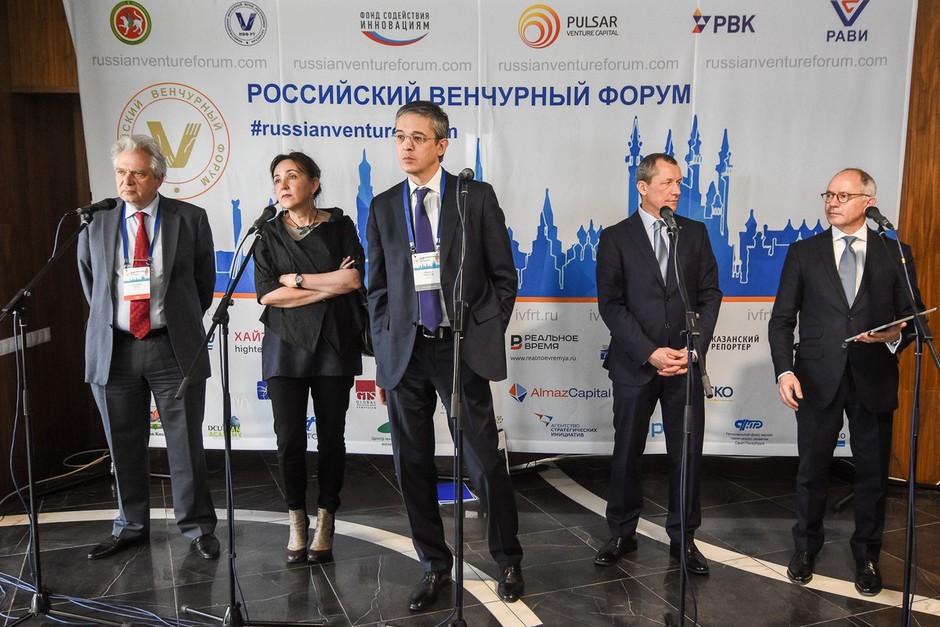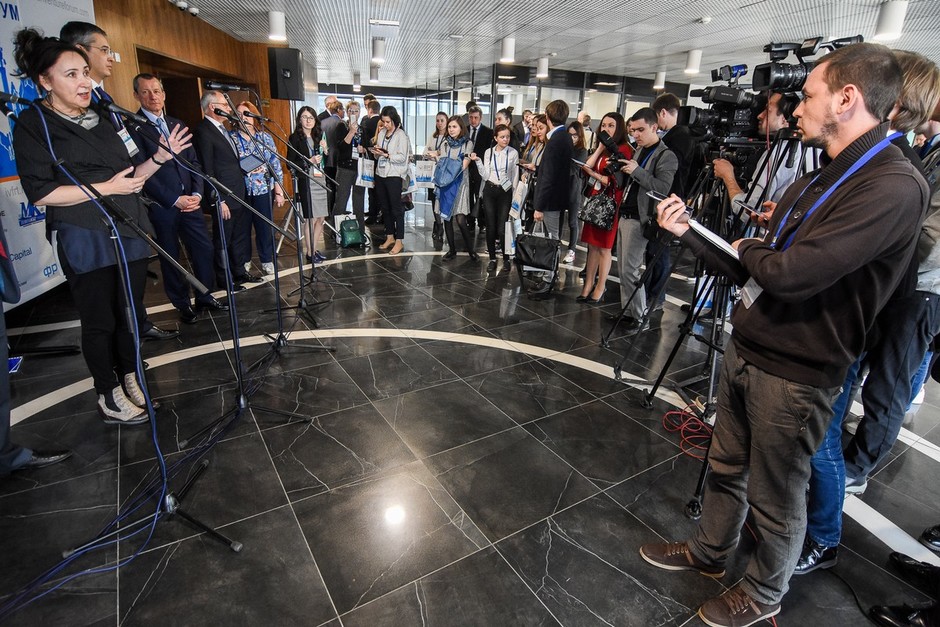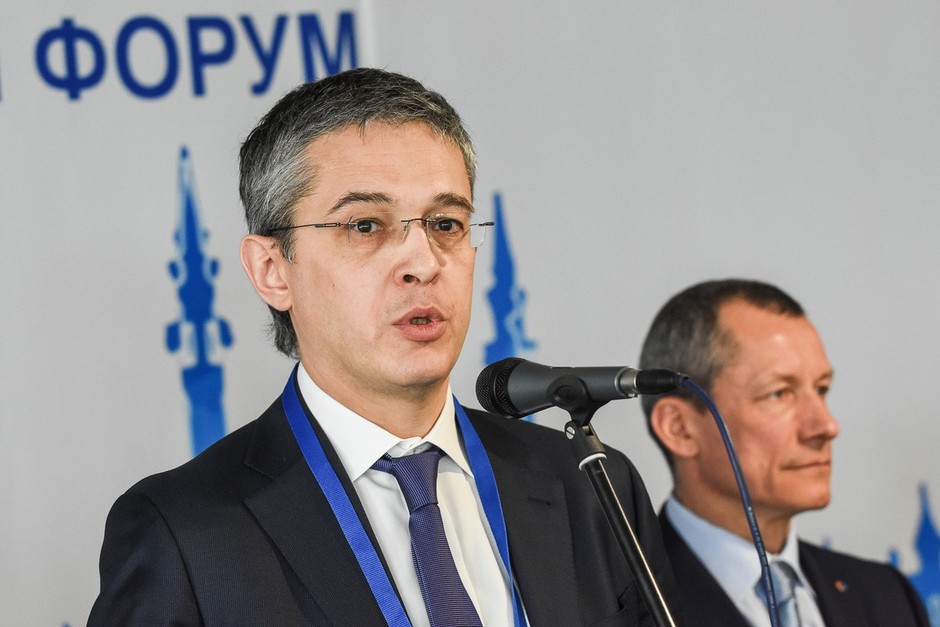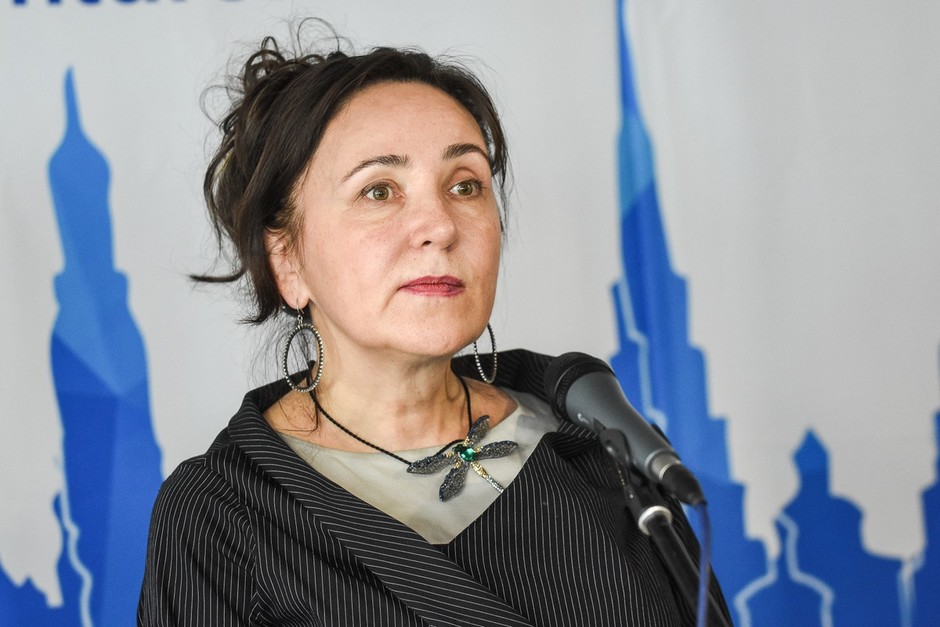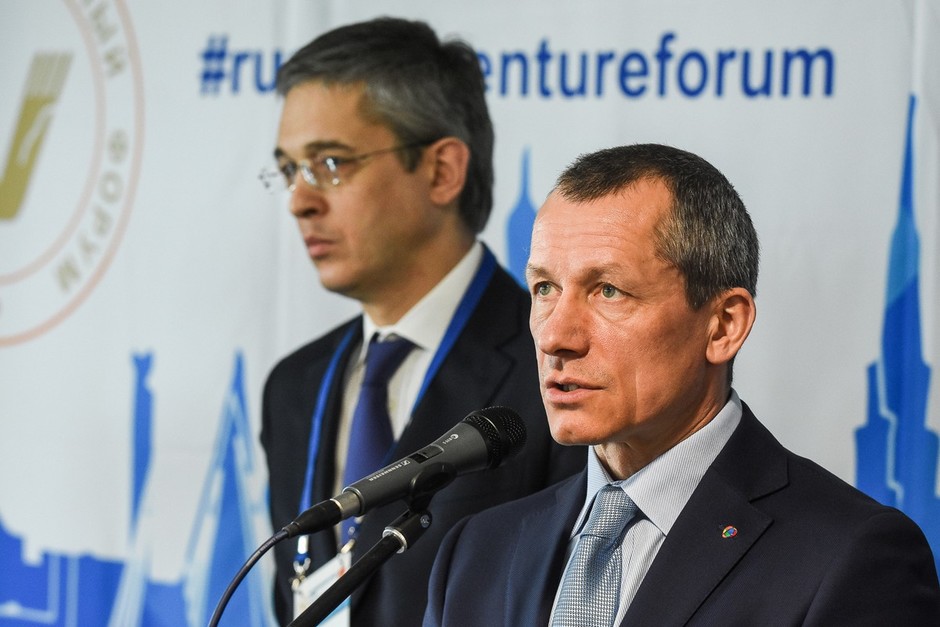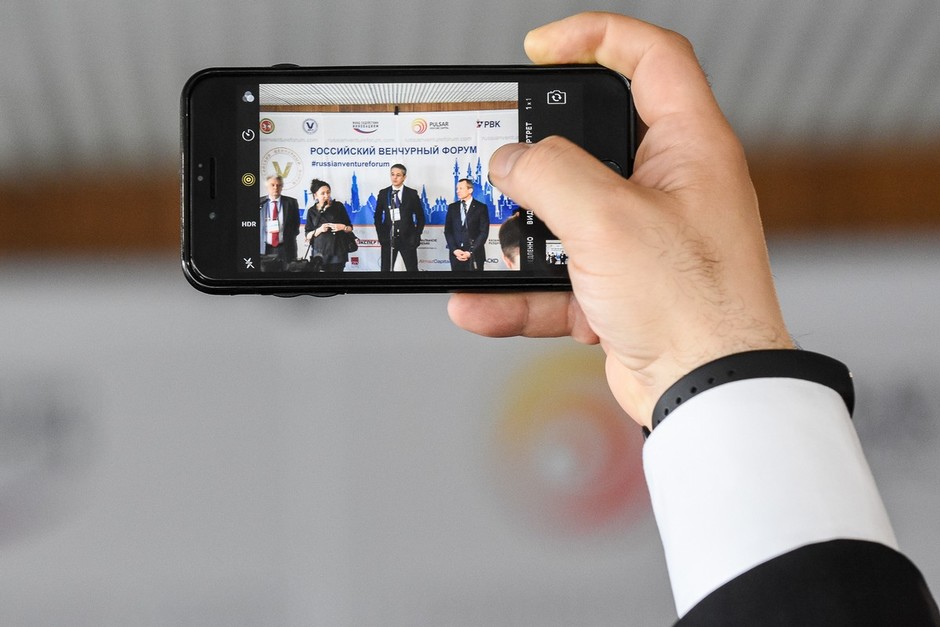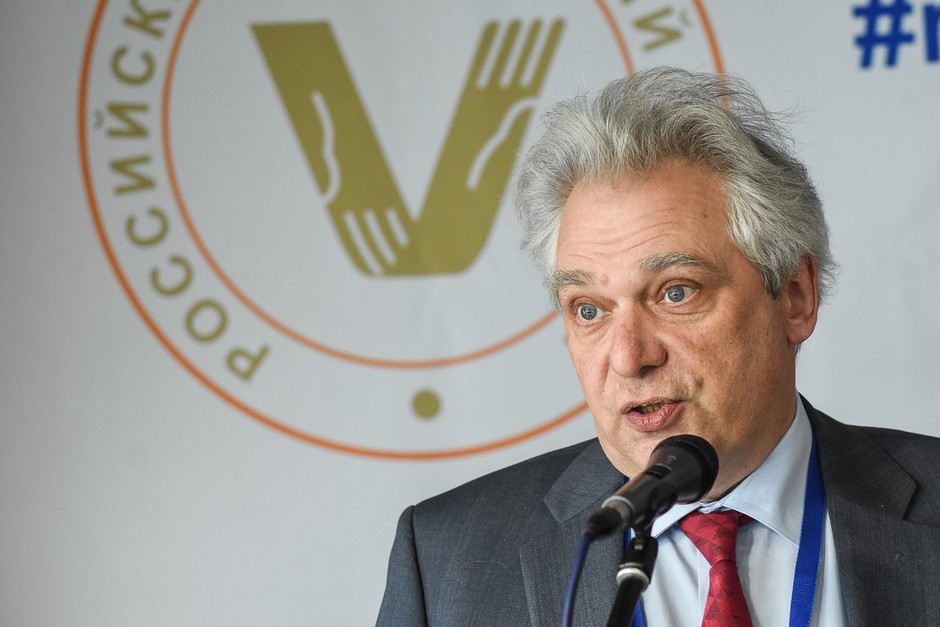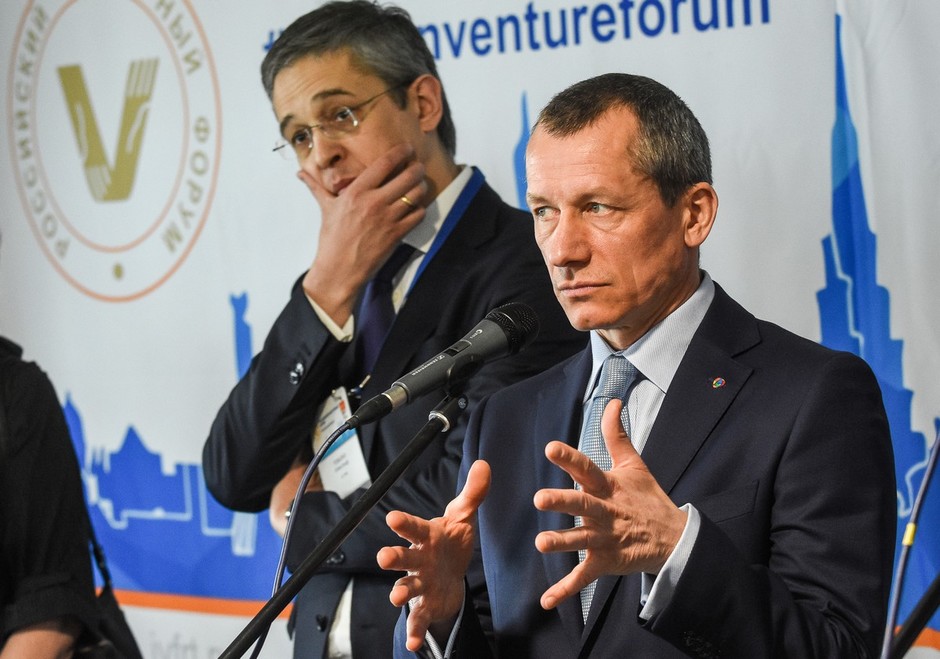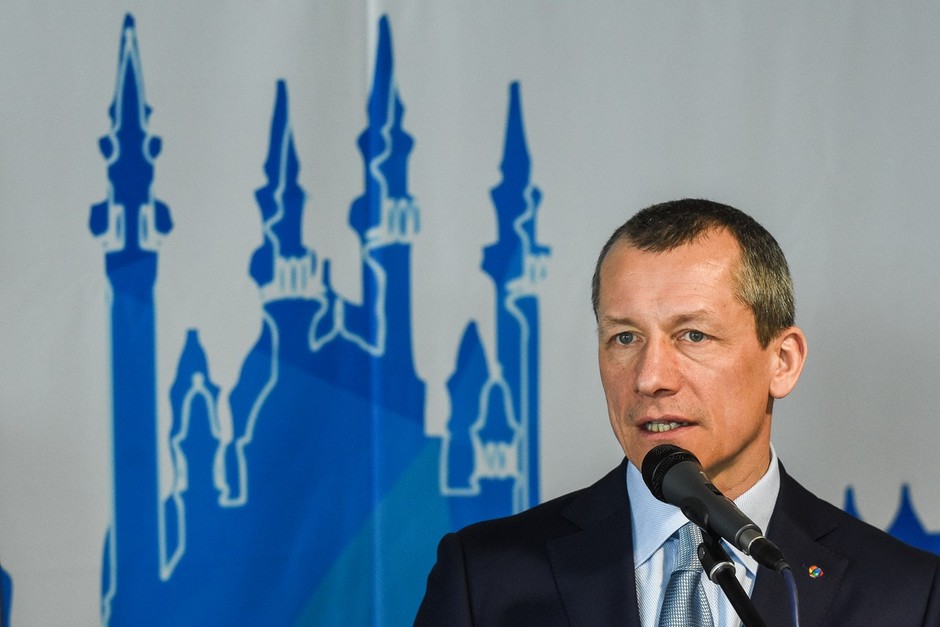''No matter how we call it: 4.0 or digital revolution. We have no such words in the Tatar language''
According to the president of Tatarstan, the main thing in digitization is to increase competitiveness
Russian Venture Forum has opened in Innopolis, Tatarstan. It is actually three events in one — the forum itself, the acceleration programme and Tech Tour. But the essence is the same — entrepreneurs present their projects to investors. There are 50 finalists. However, nobody knows how many winners who will get financial support will be. Last year, for example, they were six. Another aim of the forum is to discuss trends, what technological innovations will be in demand in the future. In short, it is artificial intelligence and flying cars. The words ''to finish studies'' will disappear because people will have to learn all their life and only high- and low-skilled specialists will have good salary — nobody needs the golden mean. Revolution 4.0 is not the limit, the fifth, sixth and seventh are near, and our generation will see them. What will happen and how to live in these conditions — read in the article of Realnoe Vremya.
We will learn up to the refined diagnosis of the pathologist
The main topic, despite the fact that they were talking about technology, in the reports of all speakers was education. Former Education Minister and current presidential aide Andrey Fursenko predicted that such thing as ''to finish studies'' will go out of use: we will have to learn all our life because technological revolutions will succeed each other faster than we will have time to adapt.
''A person should get pleasure from education. The first task is to show that learning is interesting, attractive, and it's one of the joys of our lives — to learn something new,'' says Andrey Fursenko.
We will have to learn not even up to retirement but up to the refined diagnosis of the pathologist, said Deputy Minister of Economic Development of Russia Oleg Fomichev. Because it is possible that we will have no pension. Russia has fallen into the demographic pit when the number of working-age population has declined sharply. Disastrously few people work, the elderly also have to work.
What model did we have before? New people from universities went to new sectors of the economy, and senior people finished work in the old sectors. Now it won't work, it is necessary to retrain the older people. There is even a problem with younger people — today's students, who should enter the labour market — they do not study the programmes that the digital economy will need. We even have no teachers who would train those professionals whom the digital economy will need,'' said Oleg Fomichev.
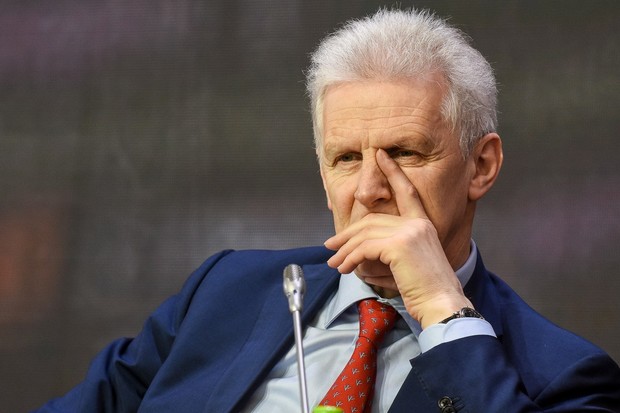
Fomichev told about the predictions of futurologists. According to them, children born in OECD countries in 2007 and later will live 104 years on average, so their working age will be longer, and they will have to, despite their age, to master contemporary disciplines.
Digitalization of healthcare: a doctor consults with a robot
Fomichev's joke about pathologist was born from the speech of Vice-President of Skolkovo Foundation Vasily Belov. He told what technologies of the future will become a reality in the near future and on which the developers should focus so that business was successful. The first is technology for health care: digital medical history of the patient and artificial intelligence for diagnosis.
Arrays of information downloaded in artificial intelligence, for example, in oncology, will more accurately diagnose than our doctors. Now 30% of primary diagnoses are adjusted,'' said Belov.
''The main thing is that it was during the life of the patient,'' joked his colleague Andrey Sharonov, Rector of Moscow School of Management Skolkovo.
The second — autonomous driving, and the third — digitization of services.
''Remote biometric identity authentication. Because accuracy of identification by biometrics is higher than a person sitting on the other side of the window and looking at photos made 8 years ago in the passport,'' said Vasily Belov.
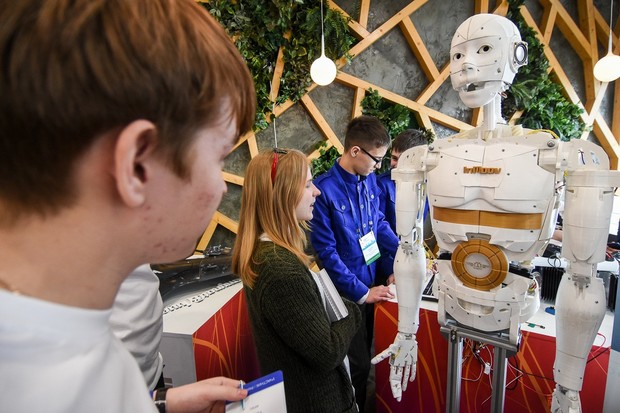
''I would recommend civil service'', or ''We, the Tatars, don't care''
Technological revolution involves substitution of people in industries with robots. While the situation in Russia is difficult with that — robots are 200 times less than in South Korea. Belov lamented that in this area in Russia there are few competitive developments and experts. However, in the field of software, where success is based on such basic skills as mathematics and programming, we have many talented people.
Robots and artificial intelligence will replace specialists of average qualification. The market will demand highly qualified and low-skilled specialists.
Robots in countries where the technological revolution is only gaining momentum are seen as a threat of losing their job. Rustam Minnikhanov advised not to be afraid of — there are jobs where people cannot be replaced.
''Today people say that when you go to work there are no guarantees. No, there is a job, I recommend to everyone — a civil service. Once you get there and you will never leave, if not dismissed. But it's not the best option,'' said Minnikhanov, meaning that the civil service is not the best option.
Rustam Minnikhanov told about the digitalization of Tatarstan — e-government, a government services portal and the ''map of an inhabitant of Tatarstan'', and noted that Tatars do not care how this process is called — the fourth revolution or the tenth.
''We are very practical people. No matter how it is called — 4.0 or digital revolution — it makes no difference to us. We do not have such words in the Tatar language. We perceive it differently — this gives competitiveness, and we should not be afraid of this. We need to understand what good we can get from this,'' concluded Minnihkanov.
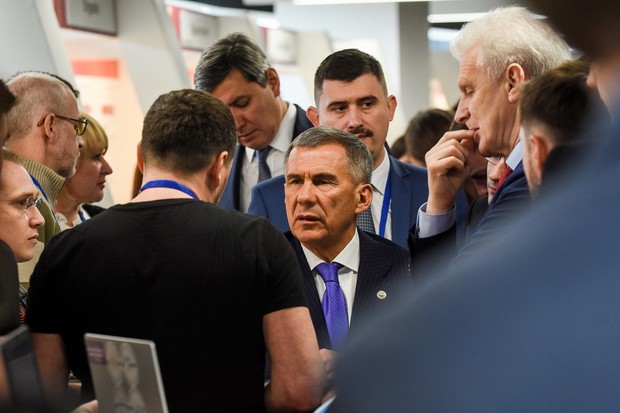
The flying car will solve the problem of bad roads
After that, jury members and investors wandered for sessions. They were to choose several startups that have a chance for success. As Director of the venture company specialising in investments Global Technology Capital Alexandra Johnson answered to Realnoe Vremya, the level of the presented projects is high, they are original, but they are at an early stage, and investors find it difficult to assess their prospects. Besides, most of them are aimed at the local market, and they should present them to the international investor differently. She also said what developments have the chances for success.
''Robots, artificial intelligence and flying cars, because the roads are bad everywhere, including California,'' said Alexandra Johnson.
A common mistake of start-ups is that they go to those areas that are already developed. My advice is that they need to analyze the market, look for a niche and then to gather experts and to develop in this direction. Try to turn the view on the market,'' says Sven Lingjaerde, founder of European Tech Tour Association, the community that promotes investments in world-class entrepreneurial initiatives.
Entrepreneurs presented 50 start-ups at Russian Venture Forum. How many of them will get the approval of investors is unknown, last year, for example, they were six.
